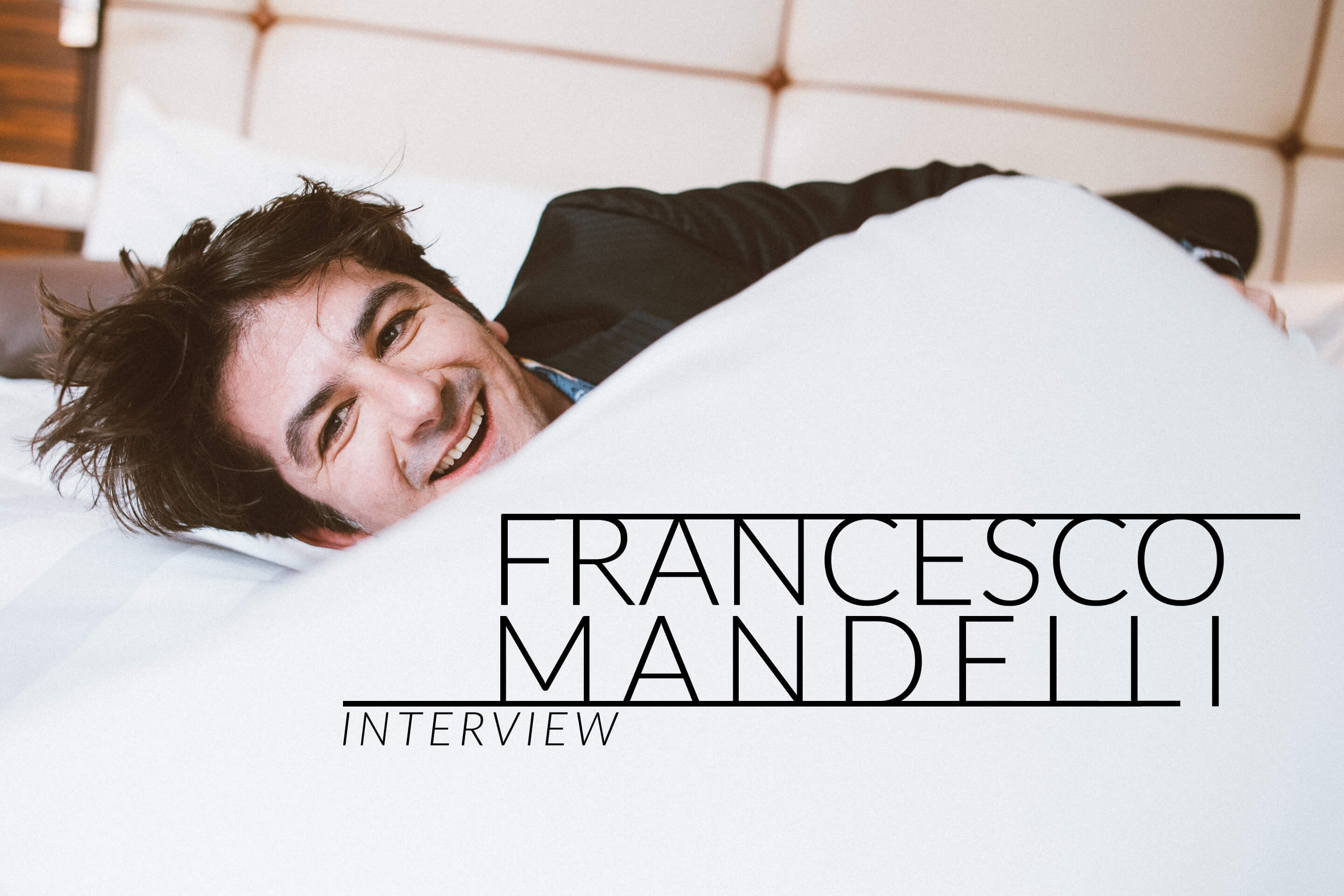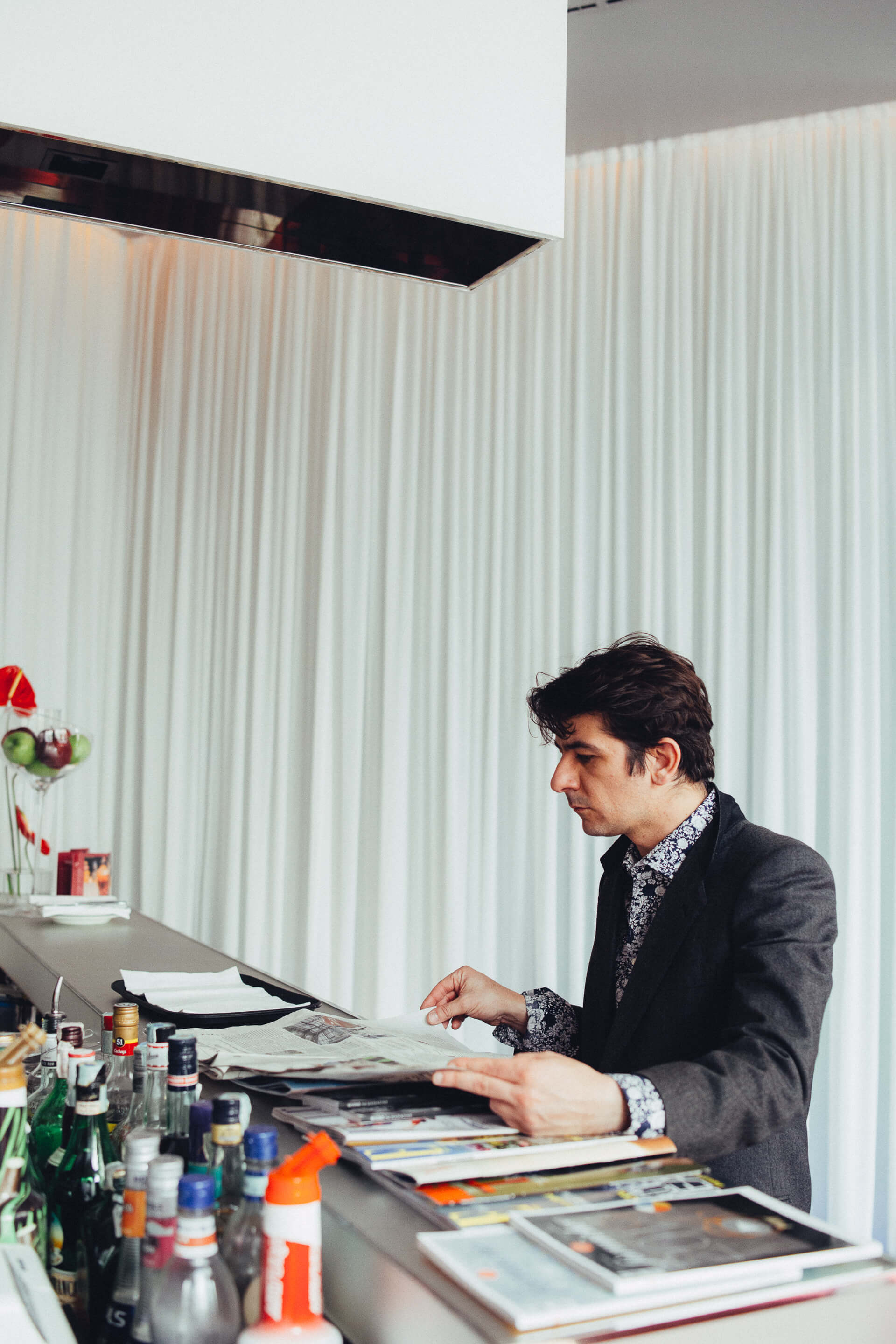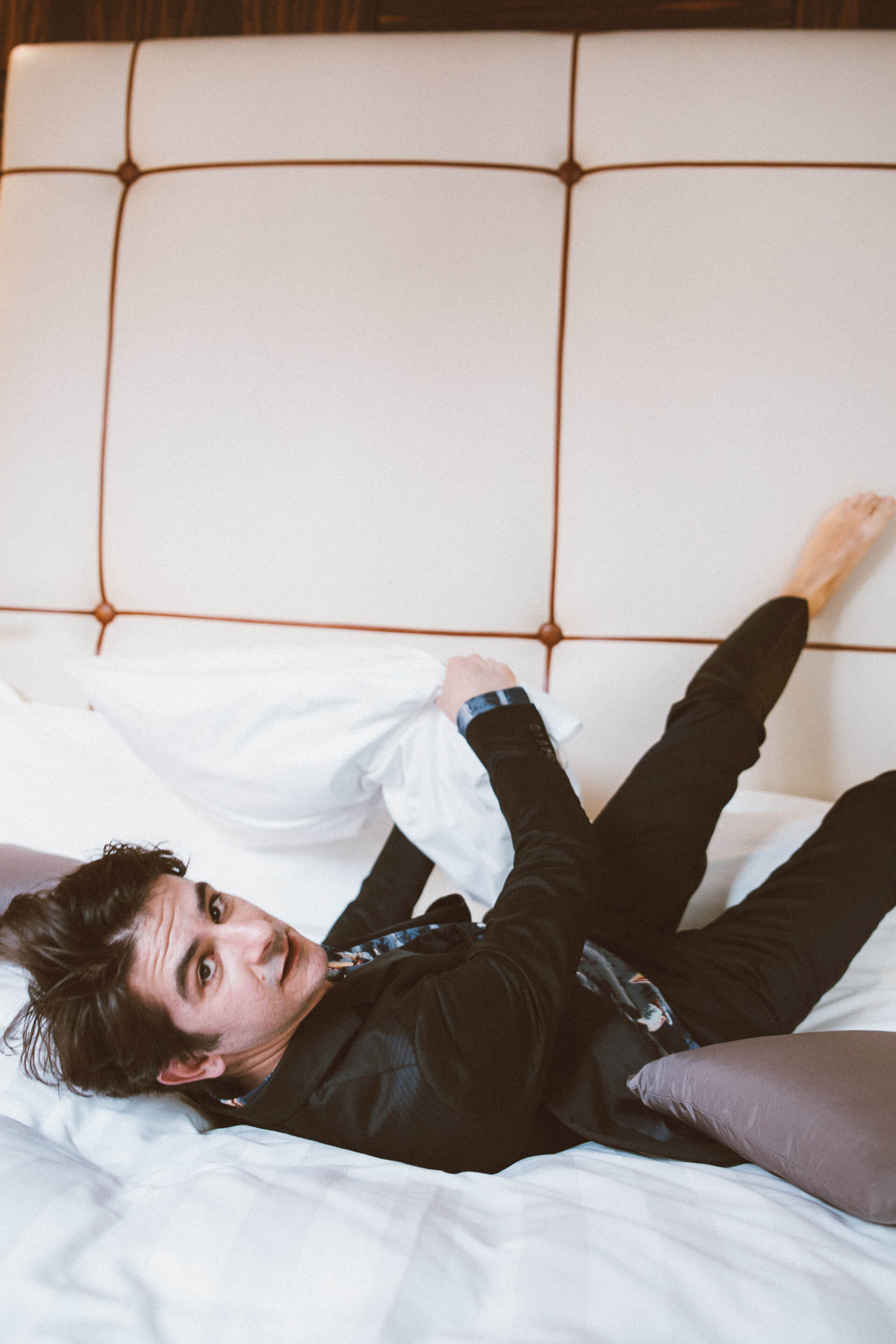Don’t label Francesco Mandelli.
Francesco does everything: he was a comedian, he is now the director for the first time of the film “Bene ma non benissimo” (presented at the BAFF – BA Film Festival on April 3rd and presented to Alice Nella Città at the “Festa del cinema di Roma” and distributed by Europictures), he wrote his first novel “Mia figlia è un’astronave” (a wonderful place of “simple” and true life), he is a theater actor with a monologue about the difficulty of communicating. Precisely this difficulty, and then the birth of his daughter, instilled in Francesco the desire to change, to grow, as he says, after 20 years of adolescence.
This change allowed him to start that second part of his life, full of things he likes to do, of challenges but which is even more interesting than the first part, he is sure of it. We met him in Milan, at the Hotel Sina The Gray, where we talked about all his new projects (they are many and all very exciting). But we are sure of one thing: don’t label him, because he can do everything, and he will do even more.
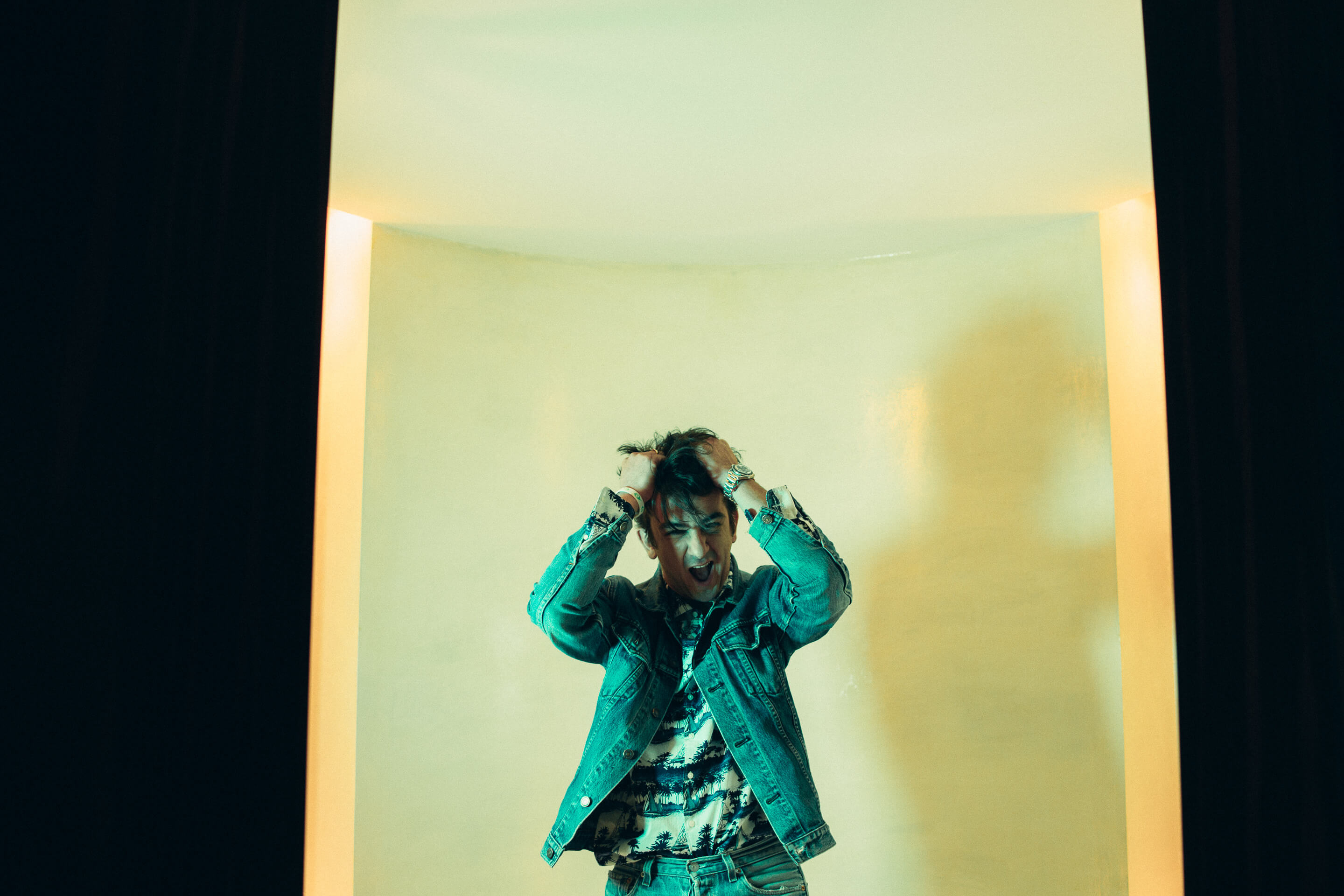
Music, theater, cinema, television, and a book: what’s missing from your wish list?
_______________
Honestly, I’d like to be always able to do what I like. The difficulty is always in finding a new challenge, something that stimulates me: I want to keep doing many different things, as I’ve always done. They told me that this doesn’t pay because probably, from a career point of view, if one focuses only on one thing it could be easier to recognize him, whereas for people it’s difficult to understand what I do; but in the end, I always thought that I should follow my instinct. I would love to do something in English, too.
Now your film “Bene ma non benissimo” is out: what were the difficulties and the most beautiful aspects of being a director for the first time?
_______________
In this script I found many interesting things, perhaps because the theme of young people and bullying is very close to me, having a daughter. I found that there is something moving and emotional about it: the script had things that needed fixing, then the protagonist changed two weeks before we began filming, which turned out to be a blessing; at the beginning, there was a boy, then we chose a girl.
While I was preparing for the film, I was reading some articles thanks to which I discovered that girls are the ones most affected by bullying and who tend to do the most extreme actions, so it seemed nice to give a feminine point of view to the film. There was a moment of panic finding a female lead, but when you face difficulties there is always an opportunity to improve, and so it was: the only person I saw after the submission of the self-tapes was Francesca. I sat at the table with her, and I knew she was the right person.
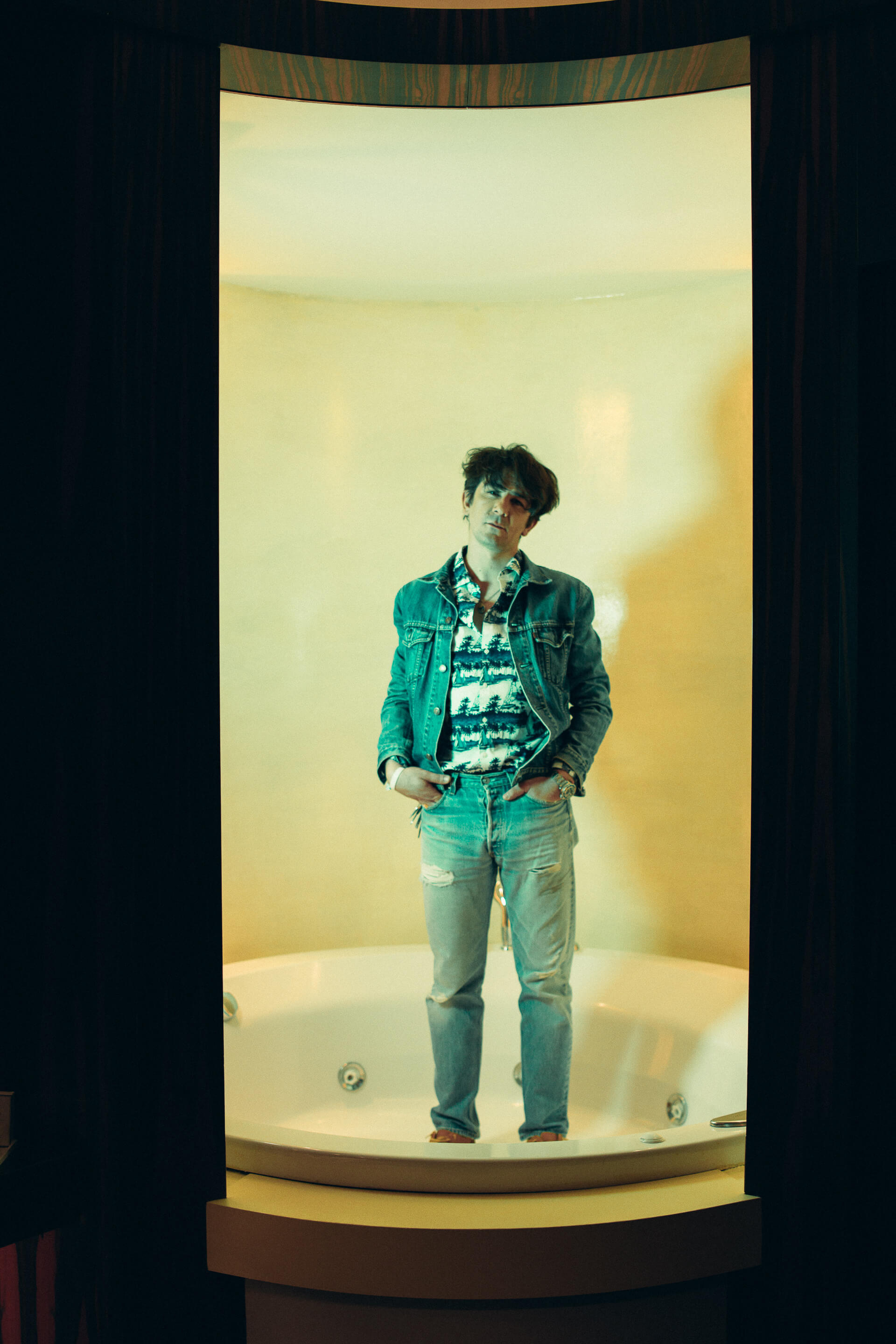
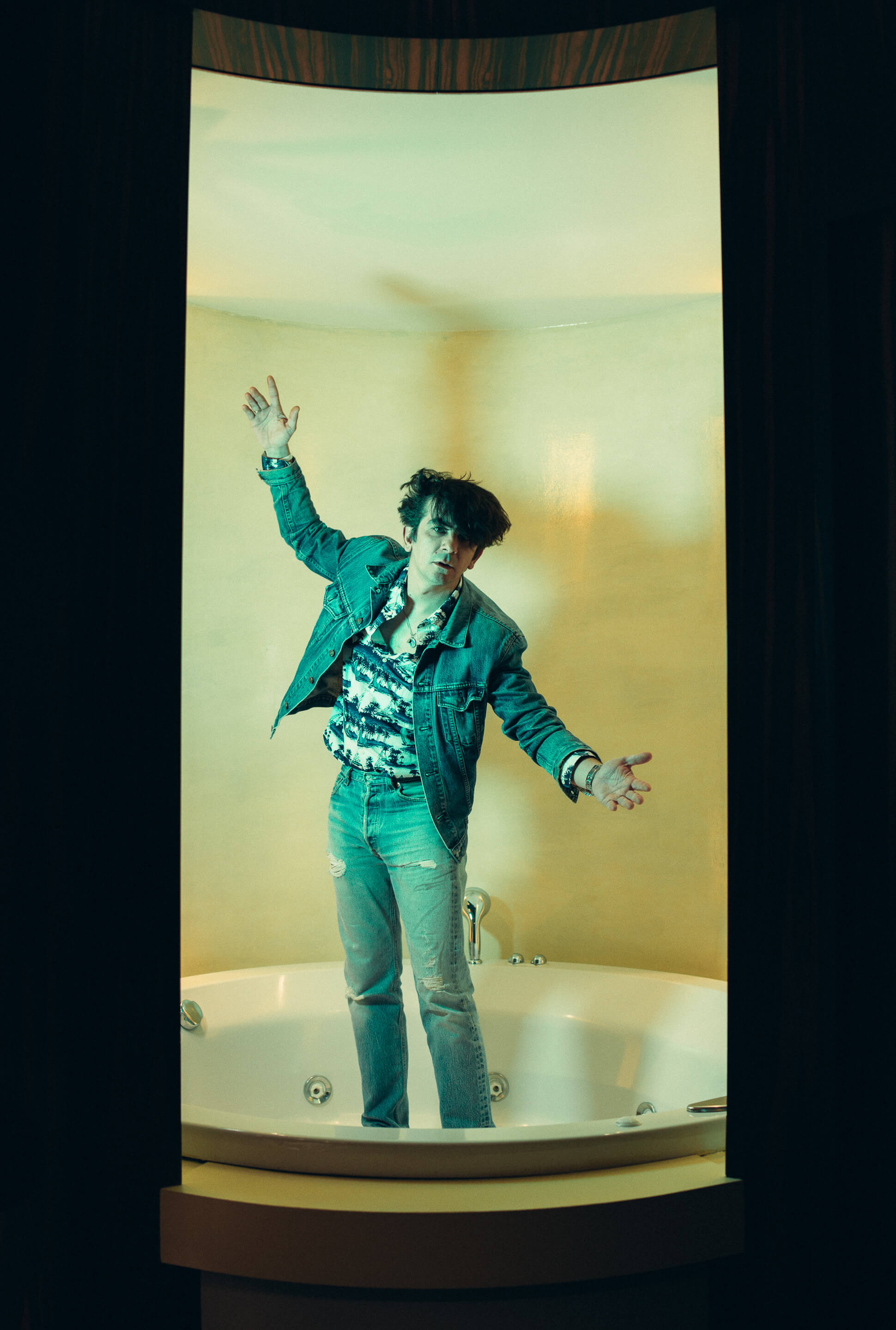
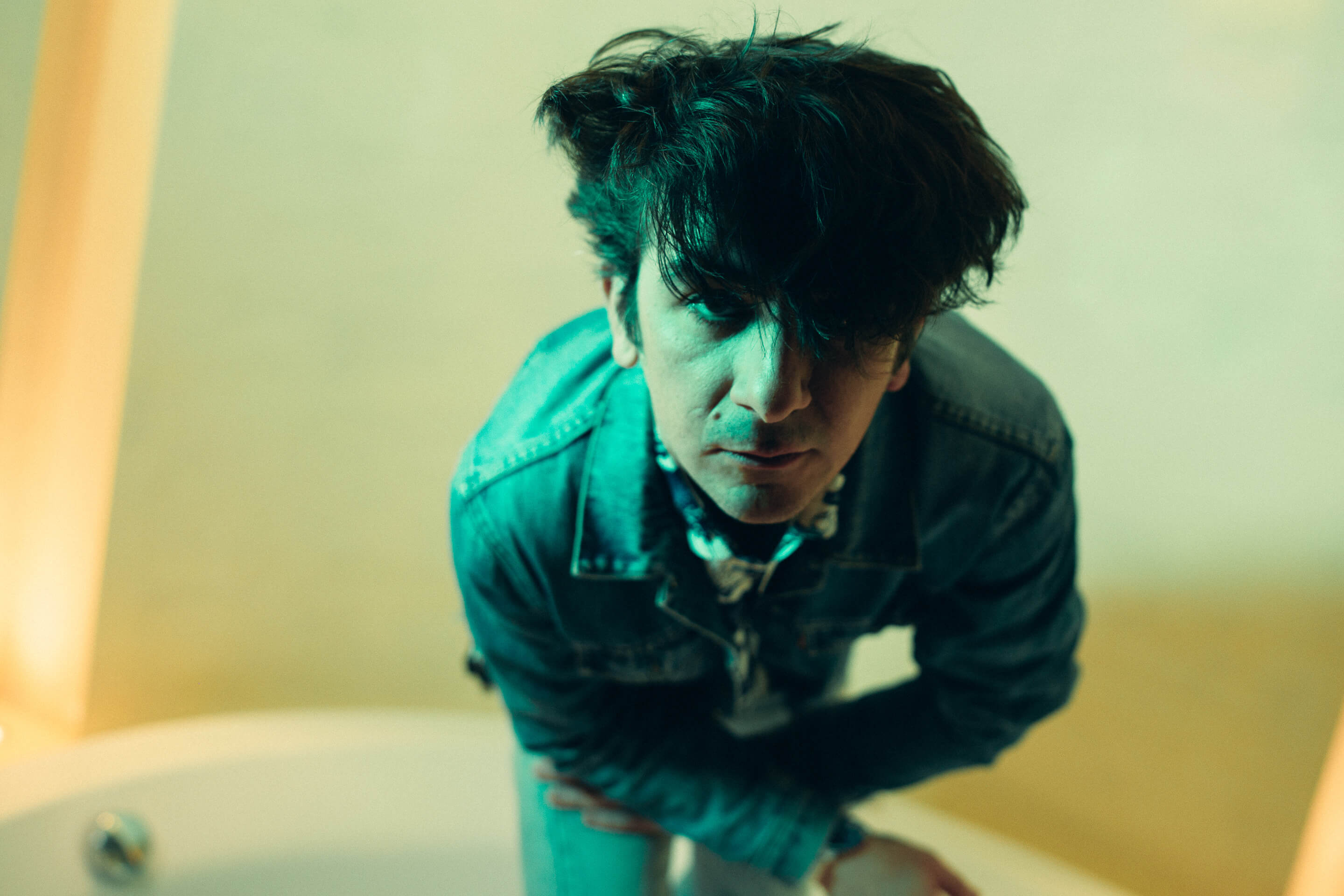
The difficulty, then, was also bringing the film to another place: it was born as a comedy, but then it took a more delicate and sensitive tone, and convincing people that this was the right path was complicated.
Then the film is low budget, so it was necessary to find the right compromise there, too. It was a wonderful experience; I realized that maybe at the moment I feel better being a director rather than an actor, being this also a moment of transition where I don’t really know who I am. It’s hard to play someone if you don’t know who you are.
In that role, I found myself at ease. What you do is to be the “father” of the project, you have to convey enthusiasm, to involve people, to make the young boys and girls feel comfortable in their first experience. But also to make the professionals, who have made a thousand films, feel that that thing is special and that it should be special for them, too.
As a movie lover, is there a particular director you admire?
_______________
There are many, it depends. Right now, I would say Jim Jarmusch. I recently reviewed many of his films: I like his minimalism, even “Bene ma non benissimo,” in his own way, is like that. I tried to keep the same long shot and to make only a few cuts, also because when you do too many cuts for the same scene you risk to take out the naturalness of it. We also shot with the hand-held camera to give the kids this feeling of instability: the film is about a girl who moves out from her town, who has difficulties with her classmates, and who tries to become friends with a boy who has more difficulties than her and who is even more bullied than her. I like Jarmusch because he creates paintings, sometimes he tells a very straightforward story but with the right shots, without being too baroque.
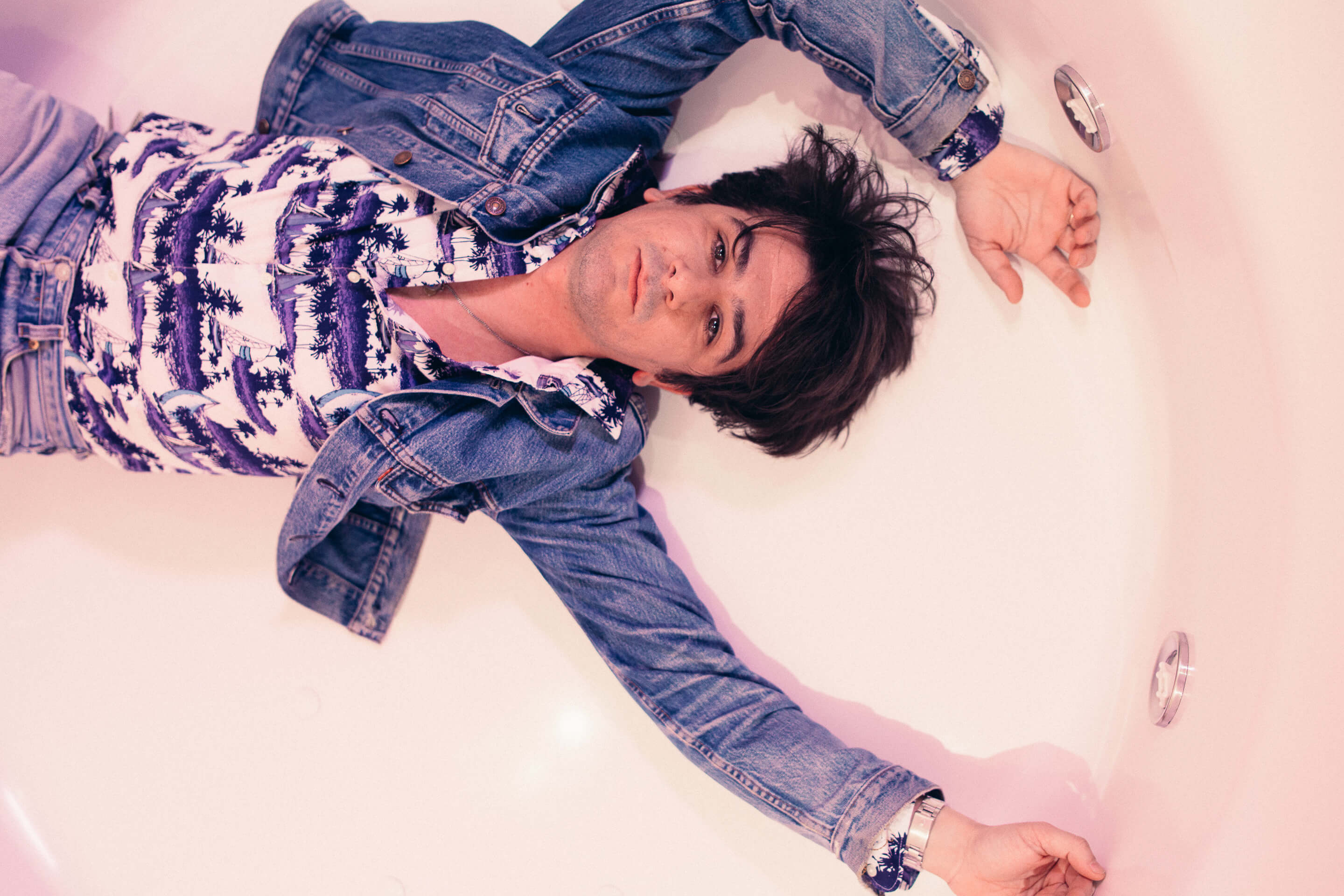
“…I realized that maybe at the moment I feel better being a director rather than an actor…It’s hard to play someone if you don’t know who you are.”
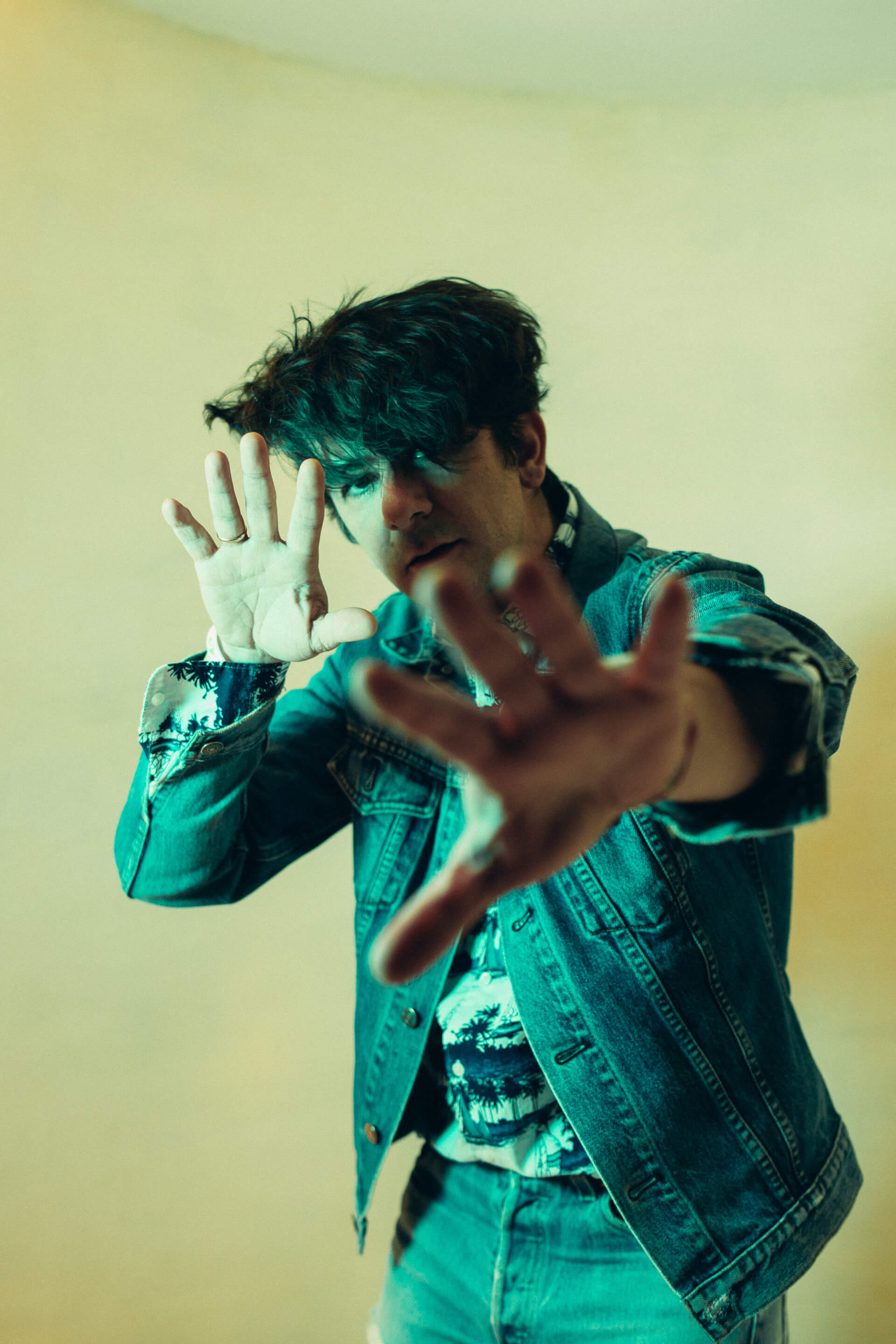
You said that writing your book was like running a marathon where, at some point, you want to stop because you can’t take it anymore: what was the biggest motivation for you in writing your book?
_______________
It takes a lot of perseverance, and it’s a very long process: to shoot a film you spend around six months on set, to prepare a theatre show you go through one month of rehearsal and many shows, while a book is more complicated because in the meantime you are alone, you have to start it and finish it alone. You often have the feeling of having run out of energy, but it was a story I really felt mine. It starts from some autobiographical stuff, so I knew what I wanted to tell, but it was also complicated since there are two stories with a character in common and, above all, there is a surprise ending that had to be told well, I couldn’t anticipate anything; it was complicated but very beautiful. I am proud of the book, and about the positive feedbacks, it was the right time to write it. It comes from the fact that my daughter changed my life: I wanted to tell this change so there was a very strong drive, and there was also the desire to grow, to do something different.
I don’t regret the things I did before, but that Francesco no longer exists, I could no longer do “I soliti idioti.” It’s wonderful that people still remember them, but it’s an absolutely closed chapter of my life – unless they cover me with money [laughs]. You never know, but right now it’s done, I don’t even want to make people laugh, I’m more interested in stirring other reactions. It’s not that one becomes a writer by writing a book; those are the first steps towards the second part of my life, which I believe is much more interesting than the first.
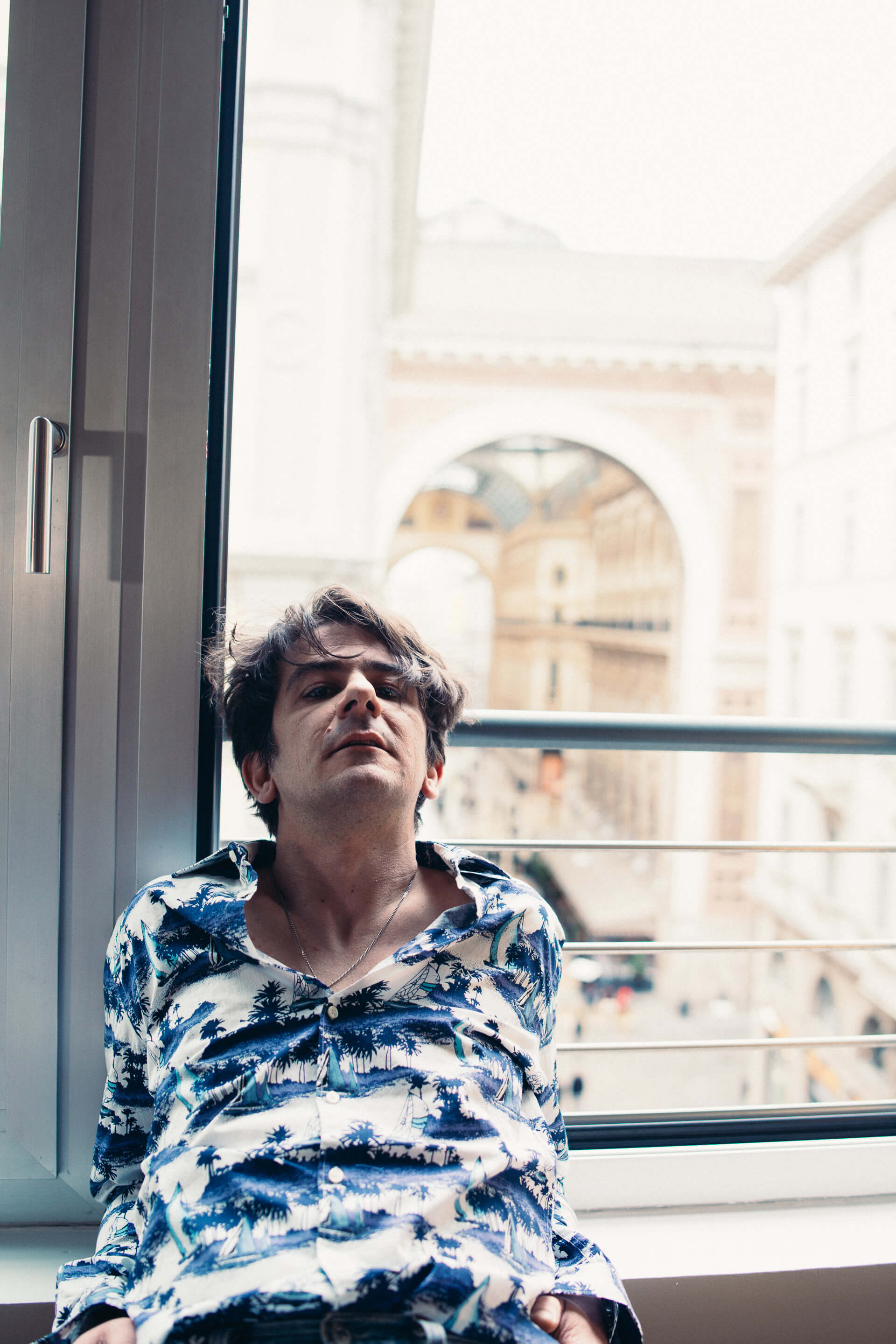
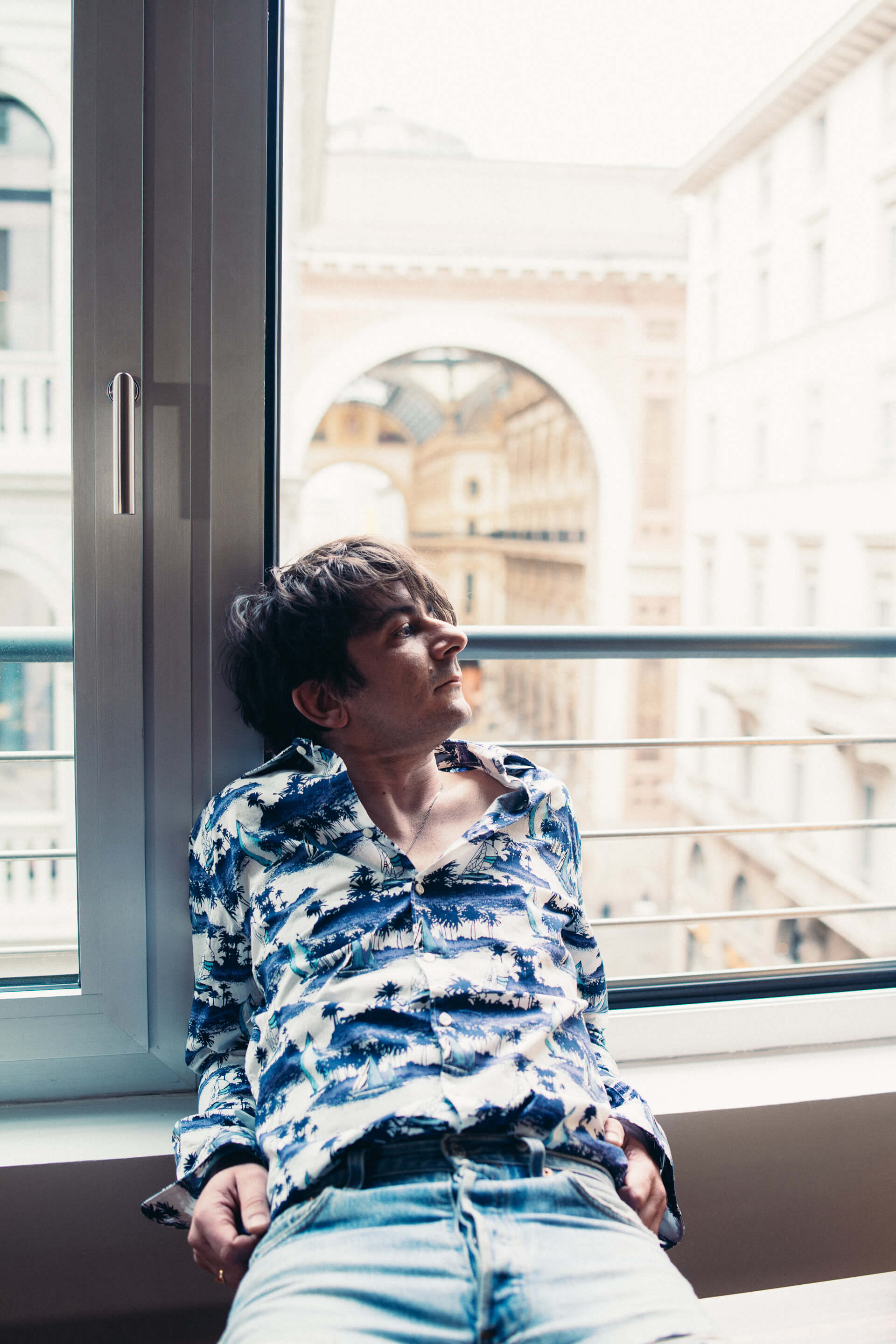
“…my daughter changed my life: I wanted to tell this change so there was a very strong drive, and there was also the desire to grow, to do something different.”
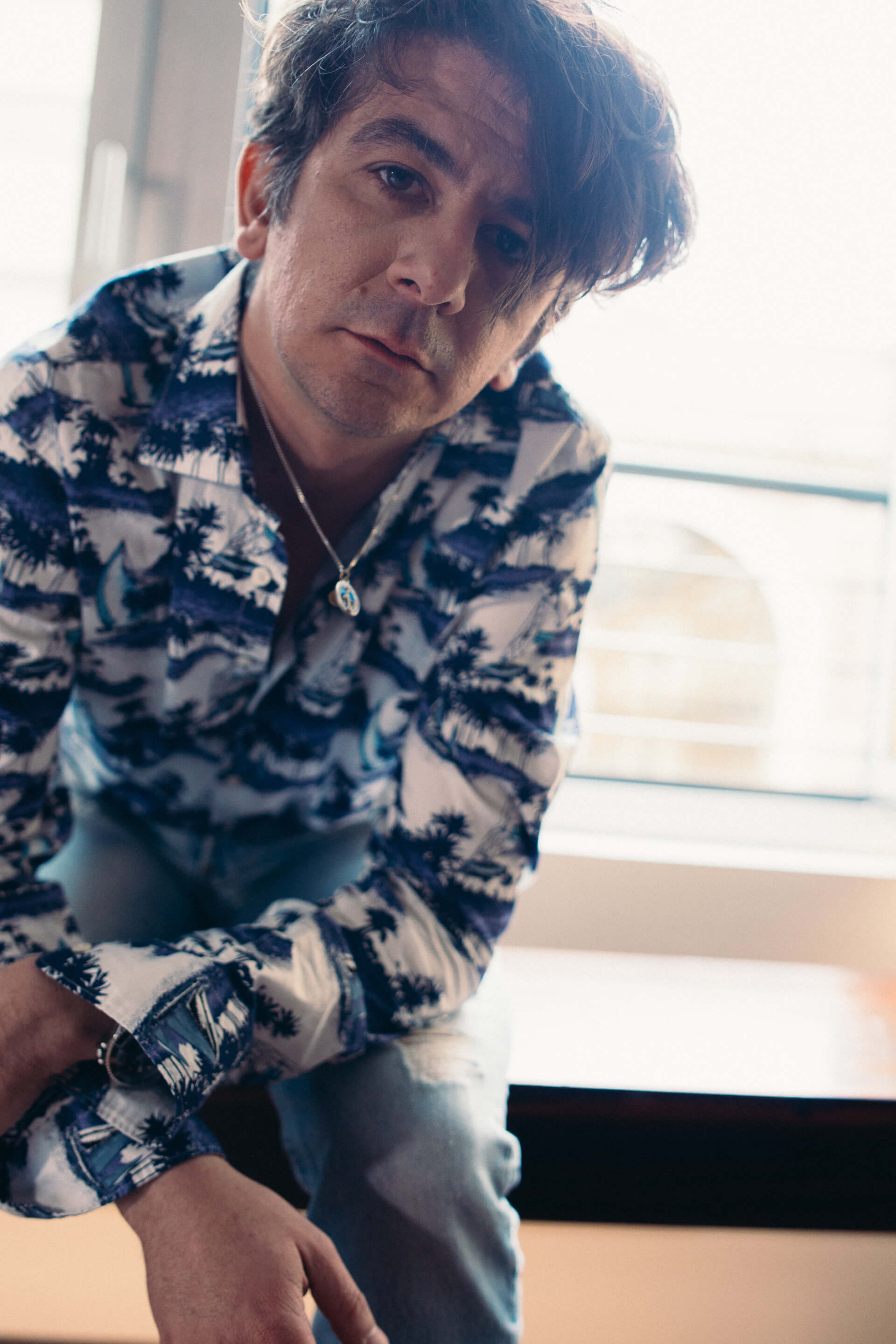
In your book, you mention many films, what is your favorite ever? And one that you see and liked a lot lately?
_______________
It’s strange because one of my favorite films is “Punch-Drunk Love” by Paul Thomas Anderson. It’s very deep, almost grotesque but also absurd in some aspects: he picked an actor who usually doesn’t do those things and put him in a very different set, then the movie has incredible cinematography. Another of my favorite movies is “Stand by me;” I’d really like to make a coming of age film: somehow my book it’s one of those. It’s the story of two protagonists, one who tries to become an adult and another who finds itself on the threshold of adulthood but who doesn’t seem to have the tools.
I like to talk about adolescence, perhaps also because I’m starting to feel a strange but pleasant melancholy towards that age, which is so far from me now: in the morning I wake up thinking of high school memories that I then tell to my partner. Those are teenage sensations of incredible power which, however, you lose with time, it’s all about the emotional discoveries you do at that age.
Recently I really liked watching “Green book,” I found it incredible, with a great theme and great actors, a simple story but with such good dialogues. The directors are those of “Dumb and Dumber:” the strength of the American industry is that they don’t label a director because he made a comedy, perhaps even the most insane in the history of cinema with the great Jim Carrey. If you asked me right now what movie I would have liked to do in my life, I’d say “Green book.”
There is a moment, in the book, when Viola is about to give birth, where Jacopo reads her “The Brilliant Friend” to distract her: what would be the first book you would like your daughter to read when she grows up?
_______________
I would say “Jack Frusciante è uscito dal gruppo” by Enrico Brizzi, it was a book that marked me, a super Italian coming-of-age novel set during my younger years. Maybe for my daughter, it wouldn’t make the same sense, but I would like her to read it because it’s very simple, but it explains what it means to grow up. I should tell you in 10 years when she turns 14.
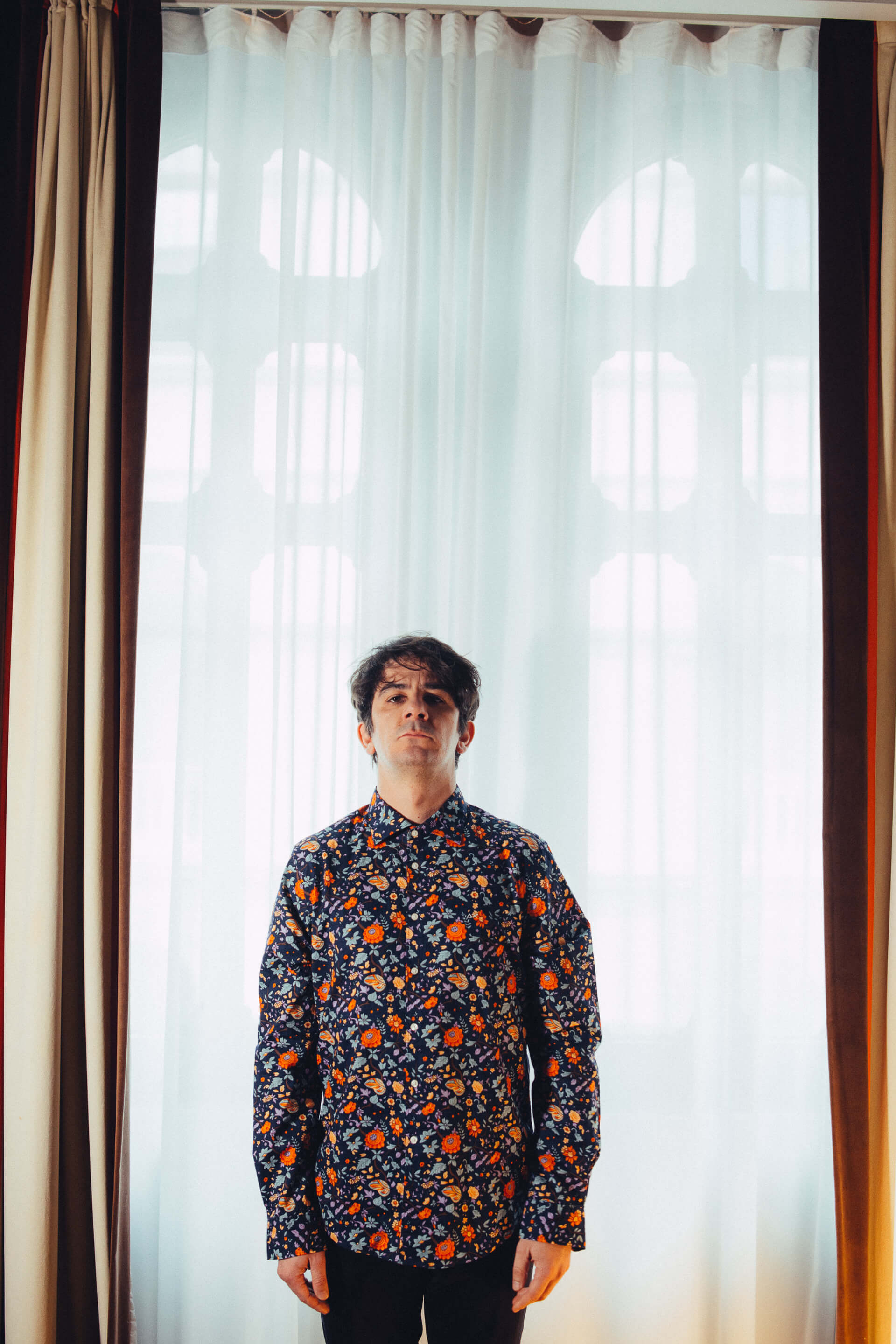
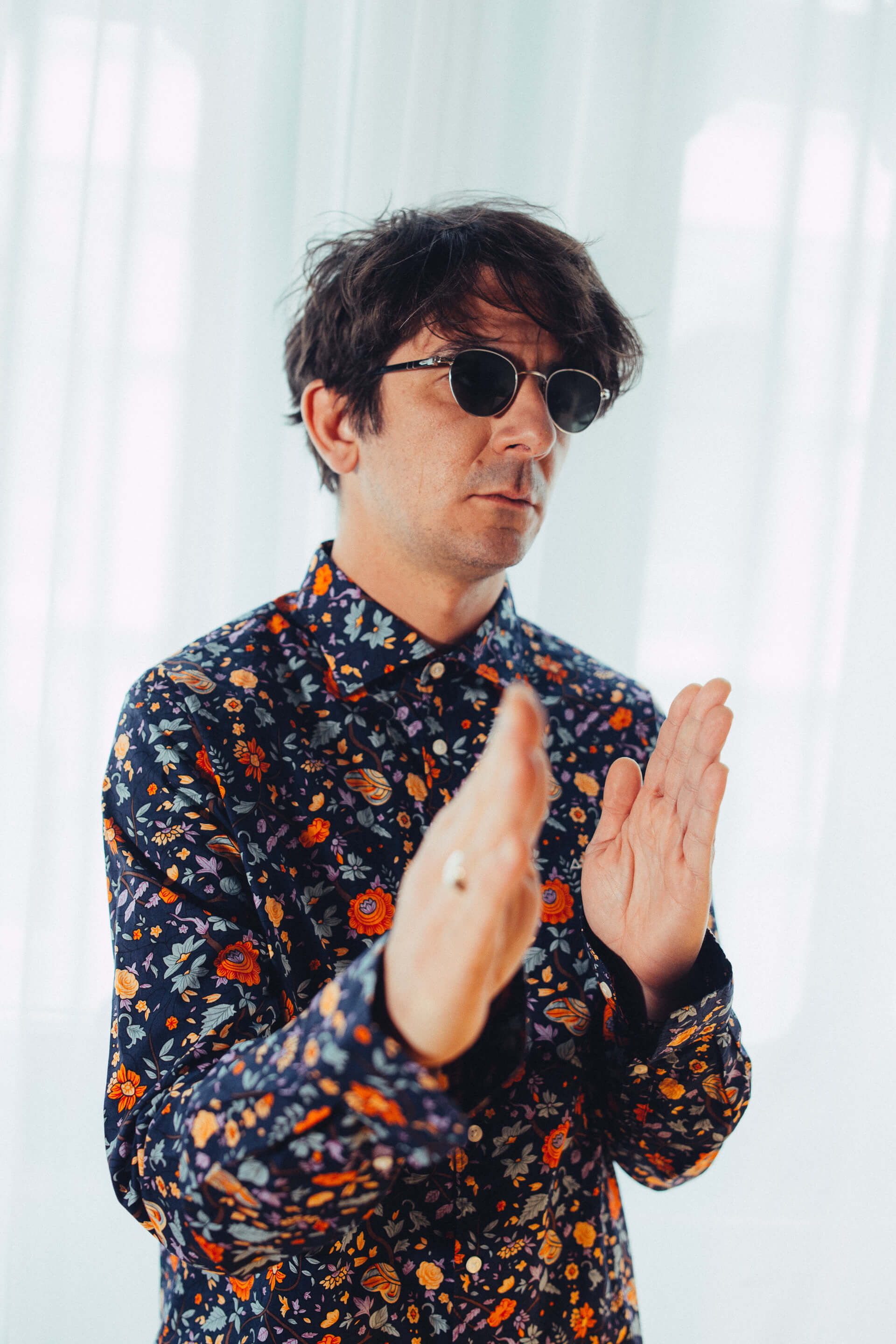
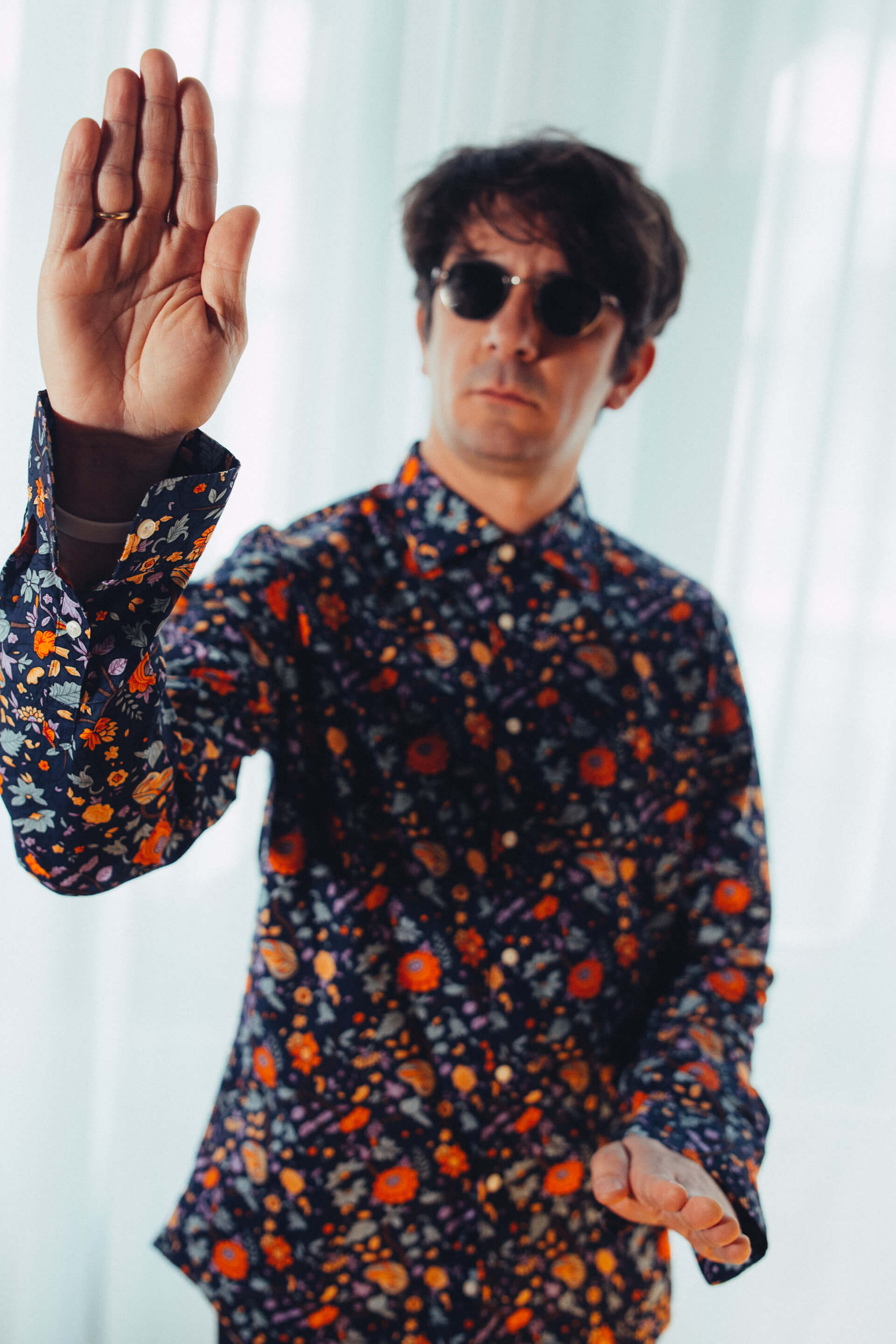
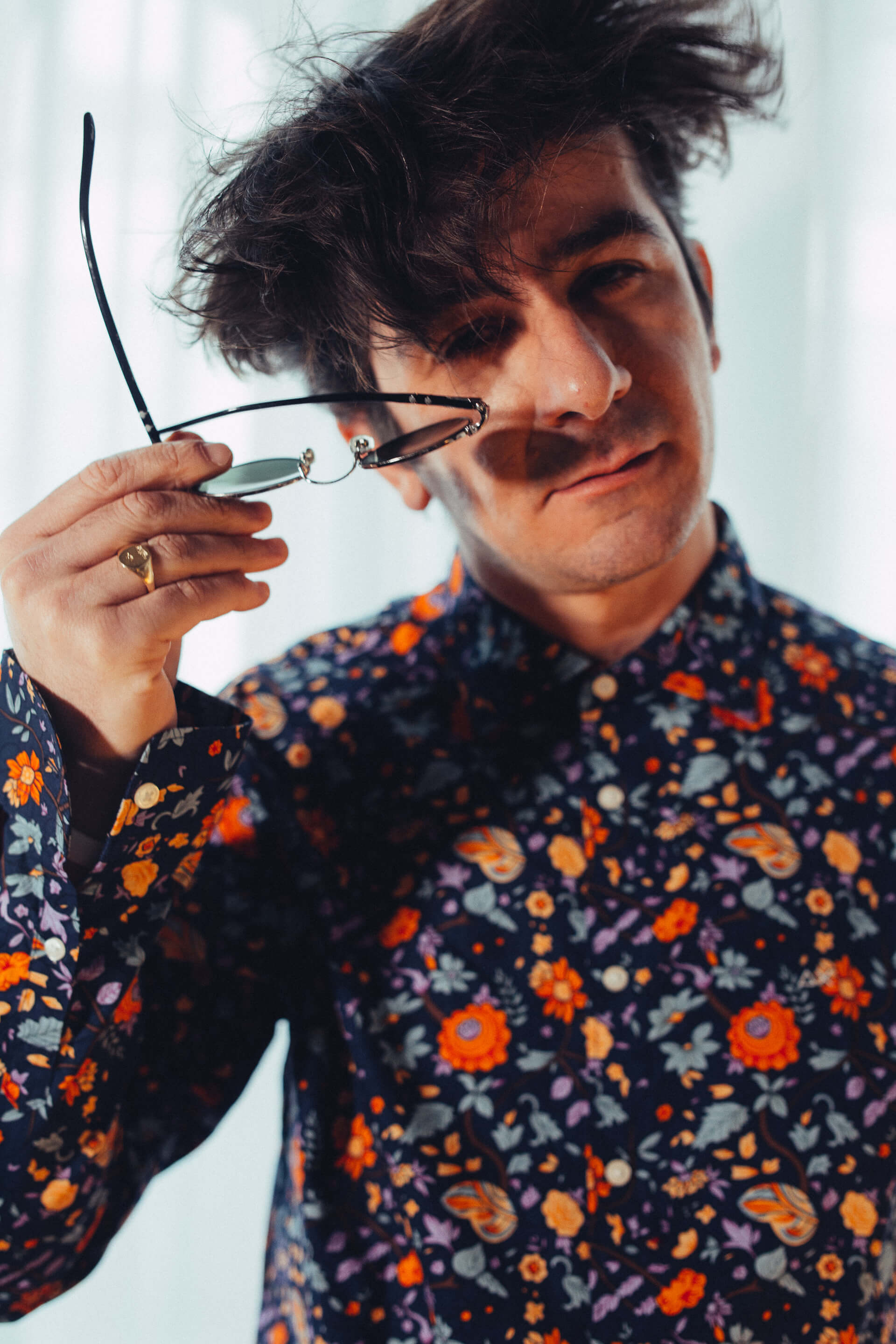
“I like to talk about adolescence, perhaps also because I’m starting to feel a strange but pleasant melancholy towards that age, which is so far from me now.”
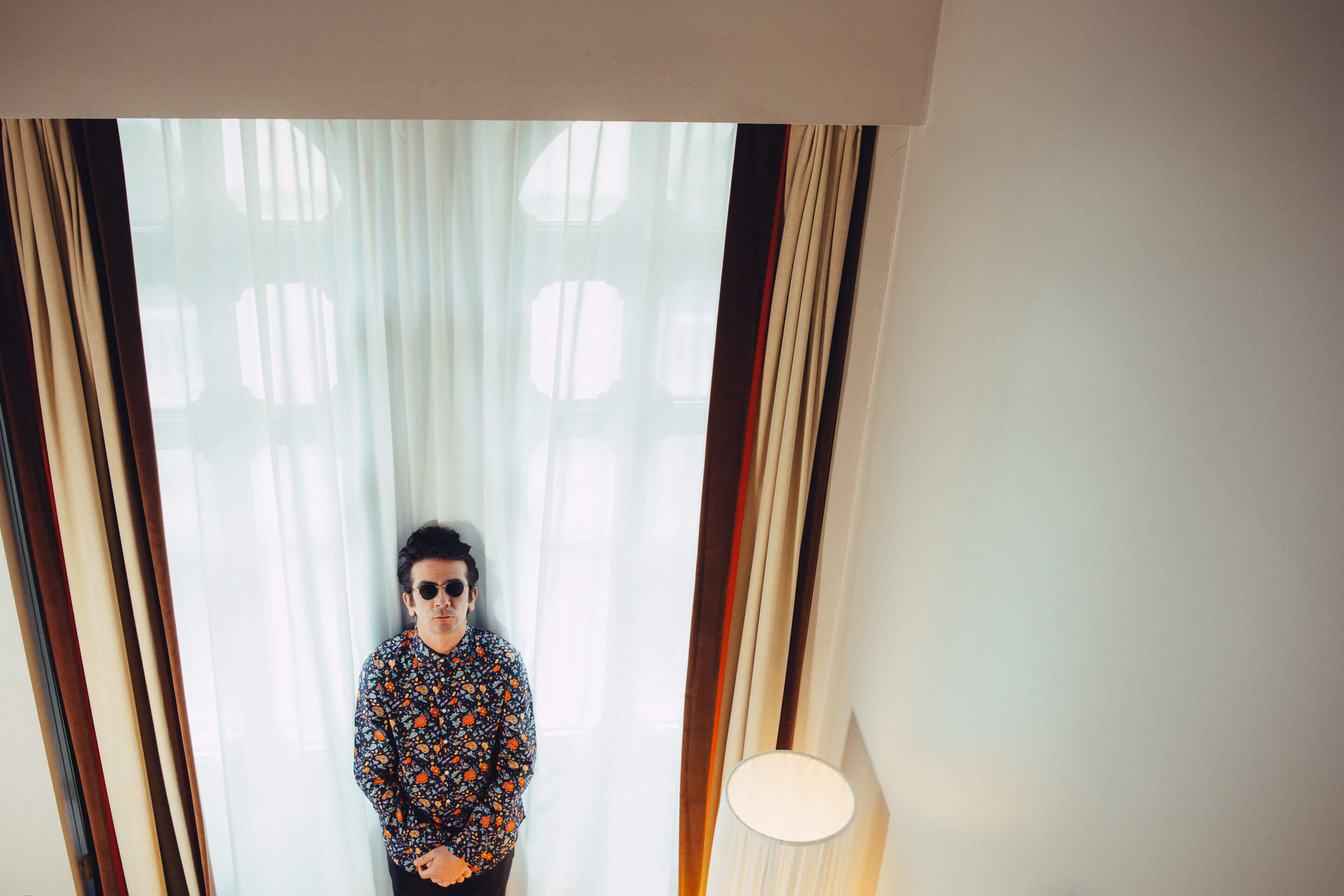
The book talks about the ability and the desire to change: would you say that this is the moment of your biggest change?
_______________
Yes, sure. I was a teenager for 20 years between 15 and 35 years old. Also, everything happened a bit by chance and went smoothly until the giant success of “I soliti idioti,” which was absurdly one of the darkest moments of my life. Shortly after, my daughter was born, and there was a strong separation from my teenage years.
I had a difficult moment of crisis in which I had to choose what to say, tell and be, not only professionally but also in my life. The crisis came during a very peaceful time because I had the chance to focus on my daughter and be able to say no. Fortunately, I didn’t run the risk of becoming some pathetic forty-year-old although, in reality, it’s not a universal choice for everyone. I have many friends who have the same lifestyle of 15 years ago, and they live very well, they are not pathetic, they have found their balance. I believe that change also requires finding the right balance.
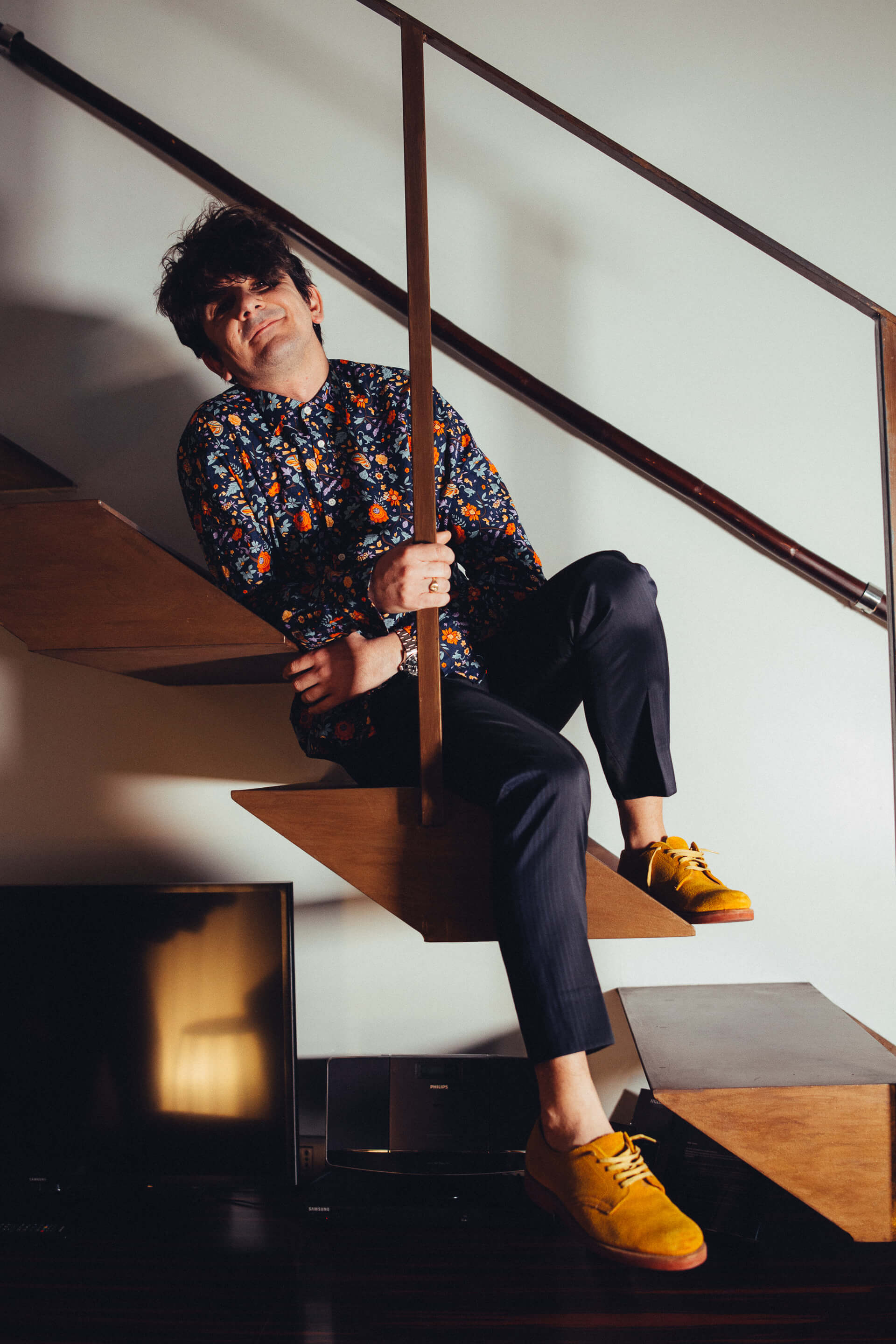
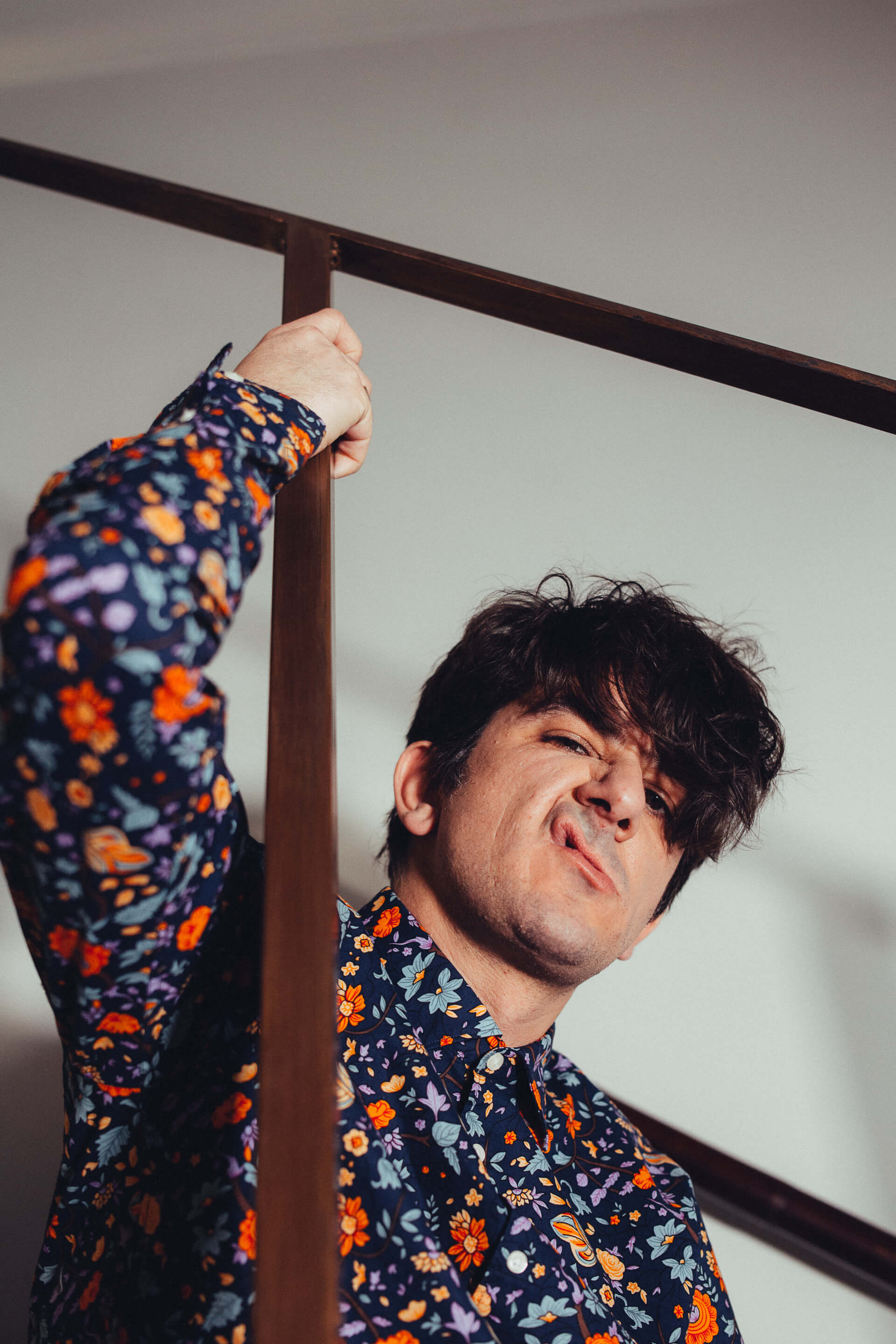
“I was a teenager for 20 years between 15 and 35 years old.”
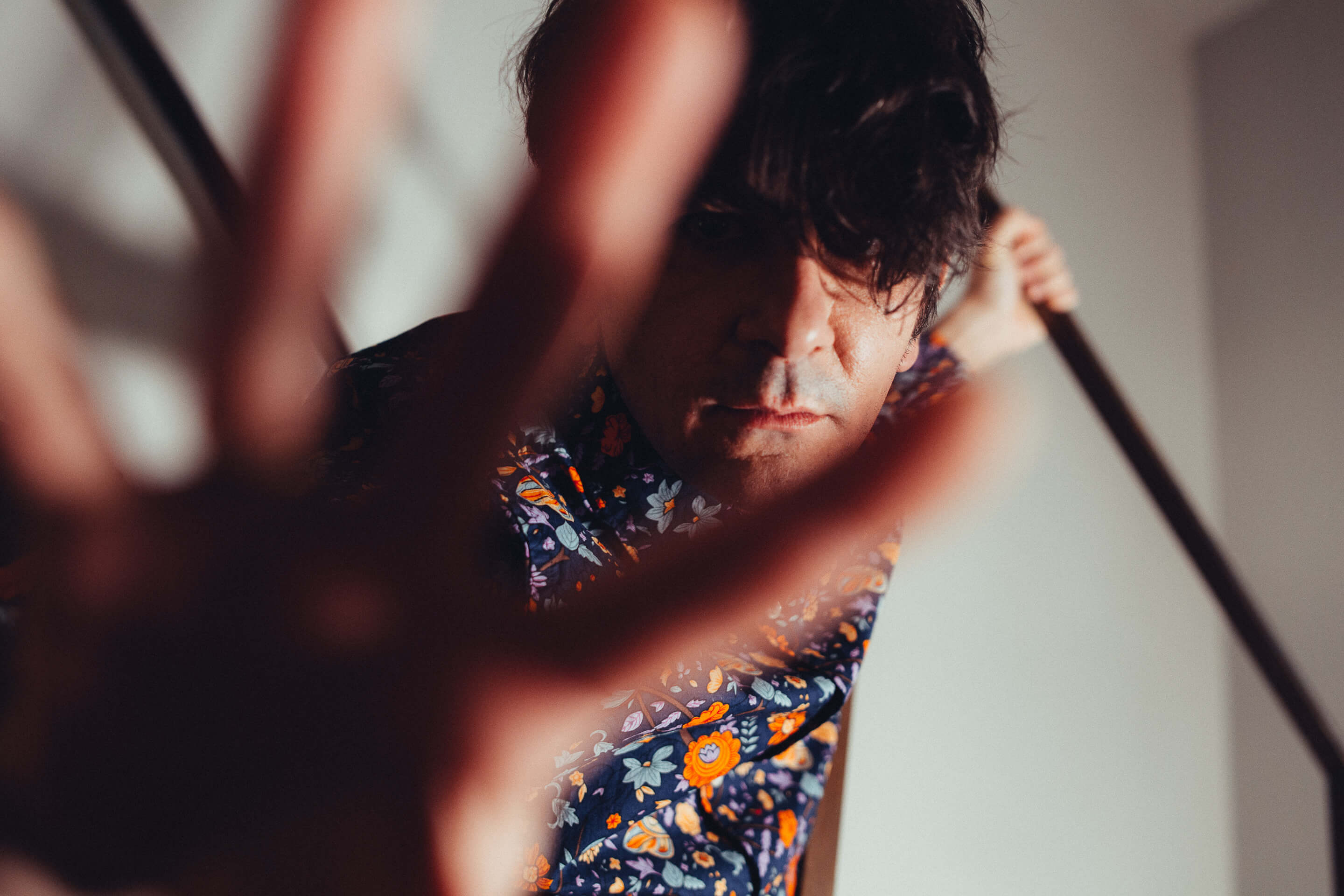
“Proprietà e Atto” is a monologue about the development of the existence and the value of time: how did you manage to portray this monologue?
_______________
It’s a very difficult text because, apparently, it seems a stream of consciousness without a logical sense. It’s the story of this stranger who arrives on stage and tries to communicate with the audience, trying to remember where he comes from to focus on where he is, but he struggles. The monologue tells the importance of words: what we have in common are words, because they manage to make us understand, even if just a little bit. And it talks about memory, of always remembering where we come from and what we have been to understand who we are now, even if sometimes it’s easier to forget. For him, in that moment, time is a complicated thing. He doesn’t know how long it’s been since he arrived where he is and how much time has passed since he decided to leave. In the end, he wants to talk about his relationship with his parents because he feels lonely; he feels far away from that place but also very far from his home and where he was before.
I tried to make it mine because I always felt this way: as a kid, I got along with everyone but maybe I listened to a different kind of music from the others, or I had different interests so, somehow, I was seen as someone who listens to his things and you don’t understand well who he is. When I started making TV, I was that boy from Brianza, a stranger. Then, in cinema, I was someone who came from the world of television and therefore a stranger. Then, when I wrote the book, I was someone who came from two other worlds, which are far from the publishing world, while when I do theater, I am the one who comes from every one of the above. You always have the feeling of not belonging to a particular place, whether you are with your friends or in a work situation. It’s a feeling that I think we all feel.
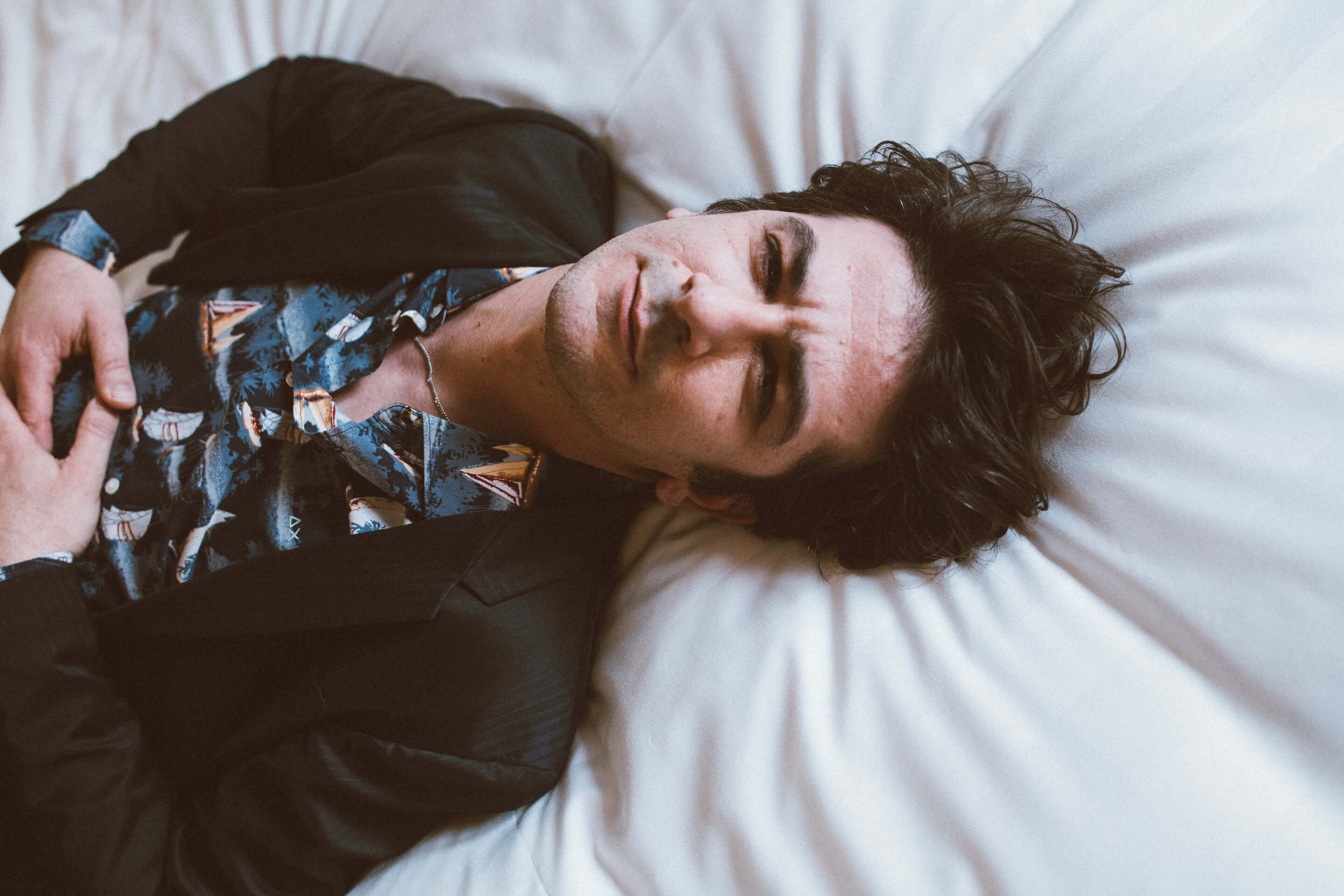
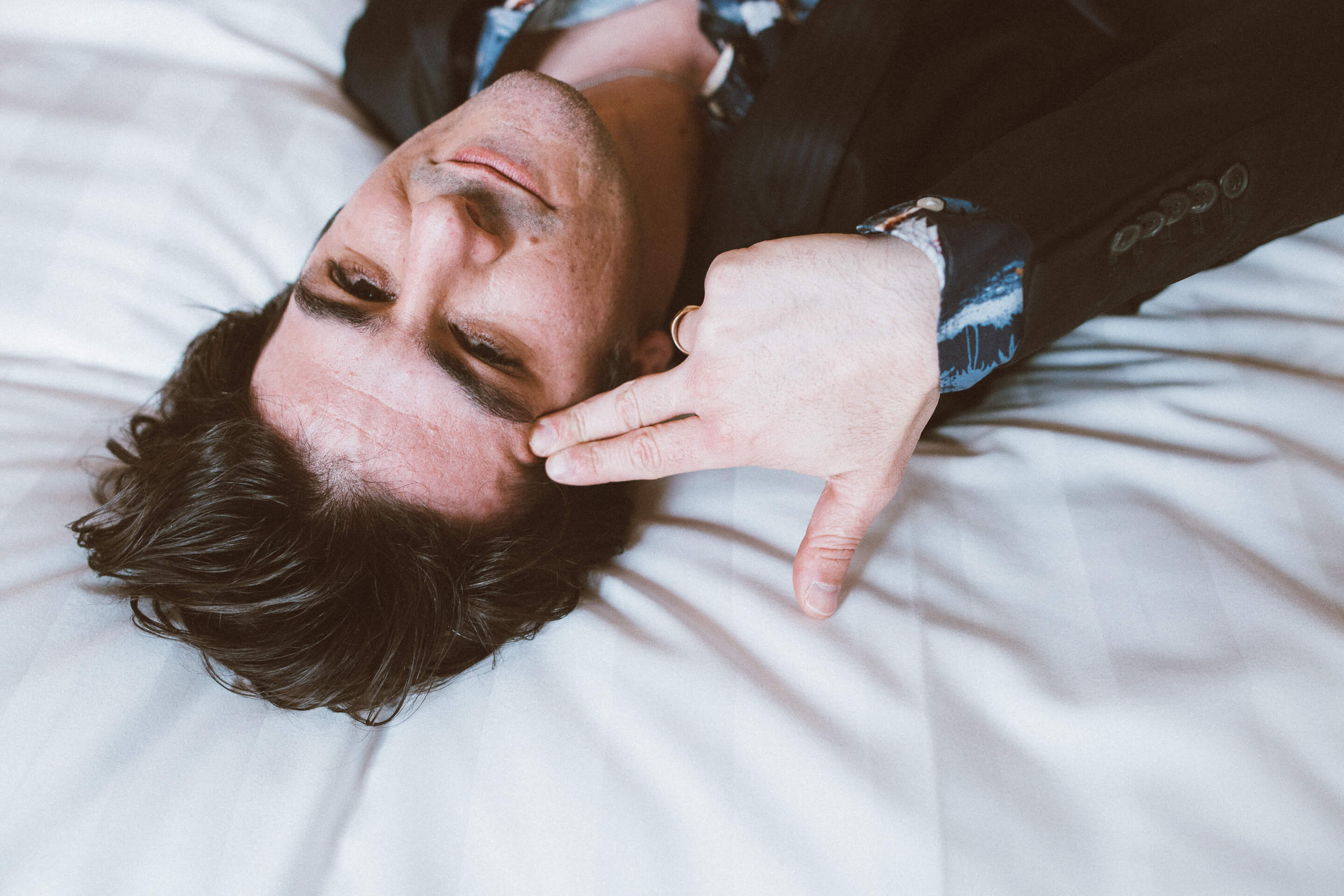
“The monologue tells the importance of words: what we have in common are words.”
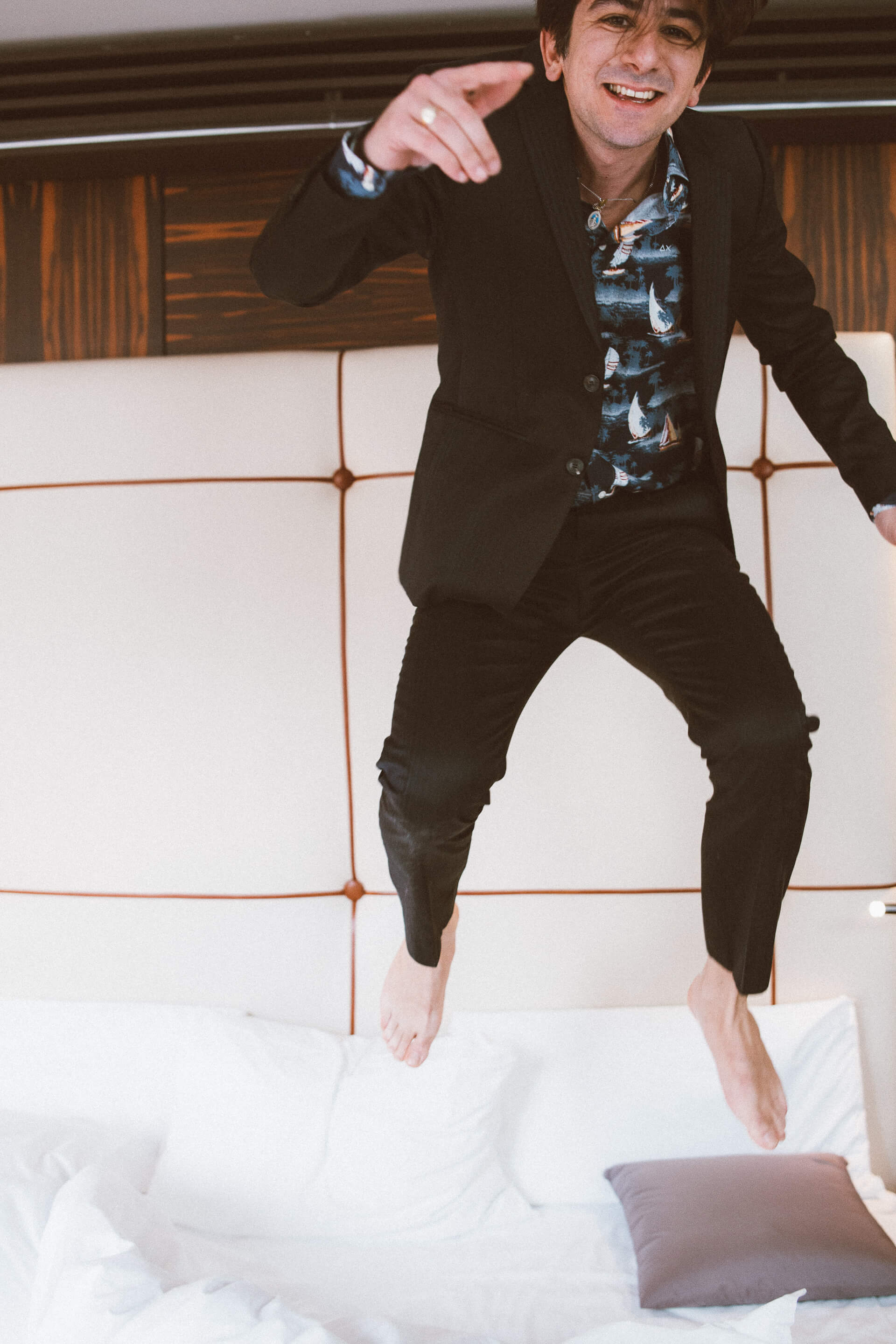
If you could go to dinner with a musician, a writer and a director of the past or present, who would you choose?
_______________
As a writer, probably Barros; as a musician, Bowie. And then Buñuel: I’d do these 3 B‘s, let’s see what the fuck happens (laughs).
The book on your nightstand now?
_______________
There are a couple: a book by Stephen King that Luisa gave me for Christmas, which talks about how to write, how he writes and how he builds his stories. And then a biography of Sindona, the Vatican banker between the ’50s and ’60s who was murdered or who committed suicide.
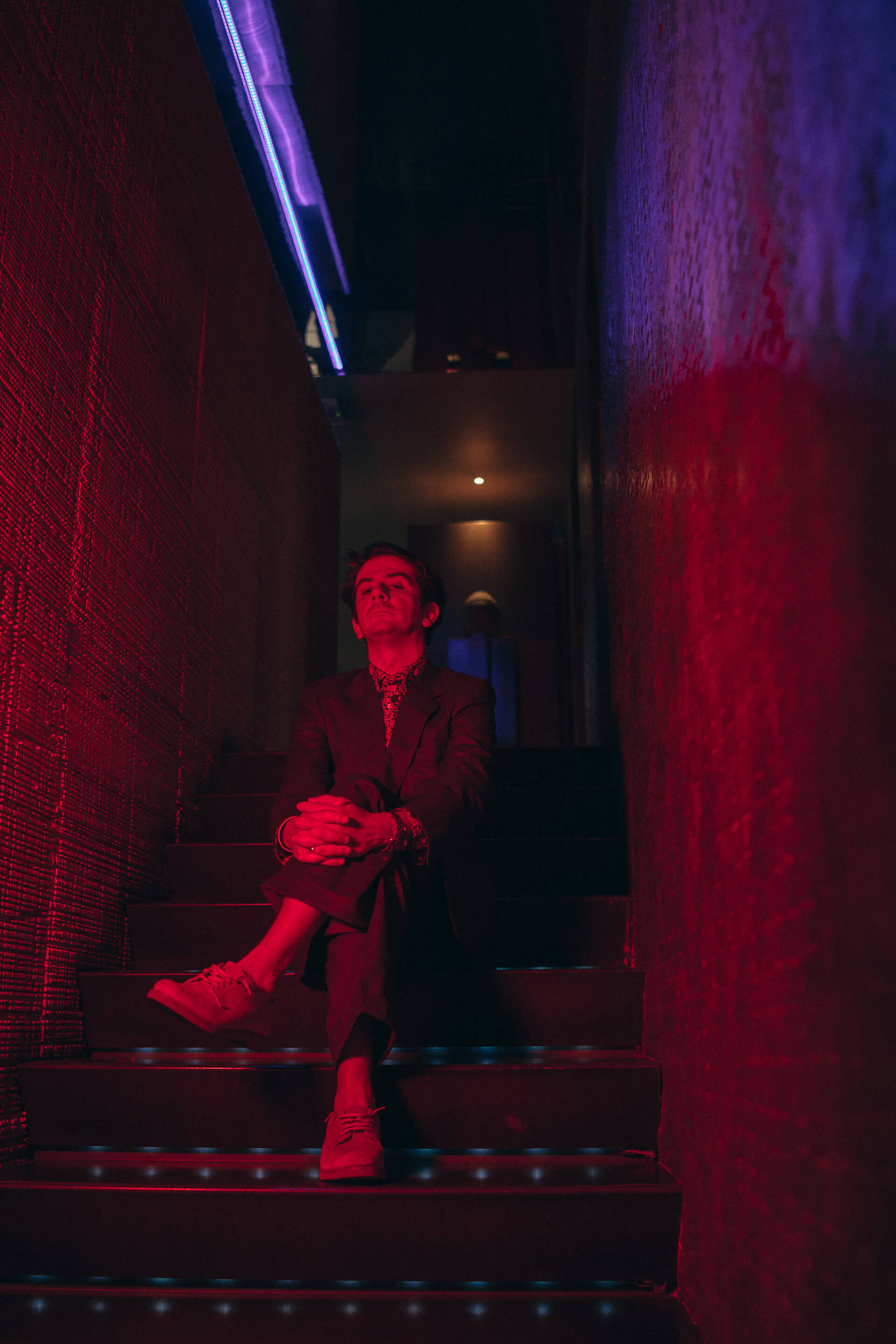
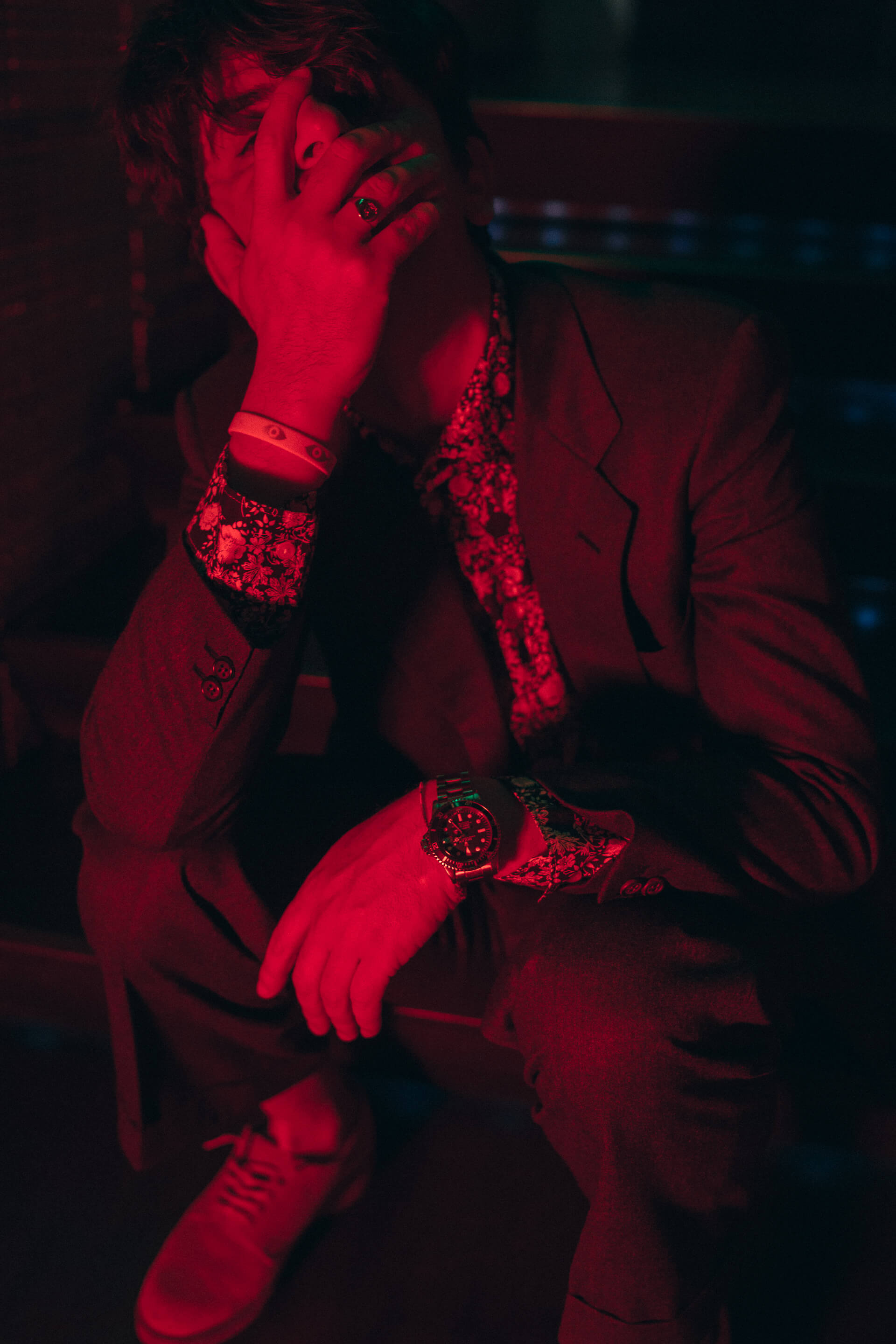
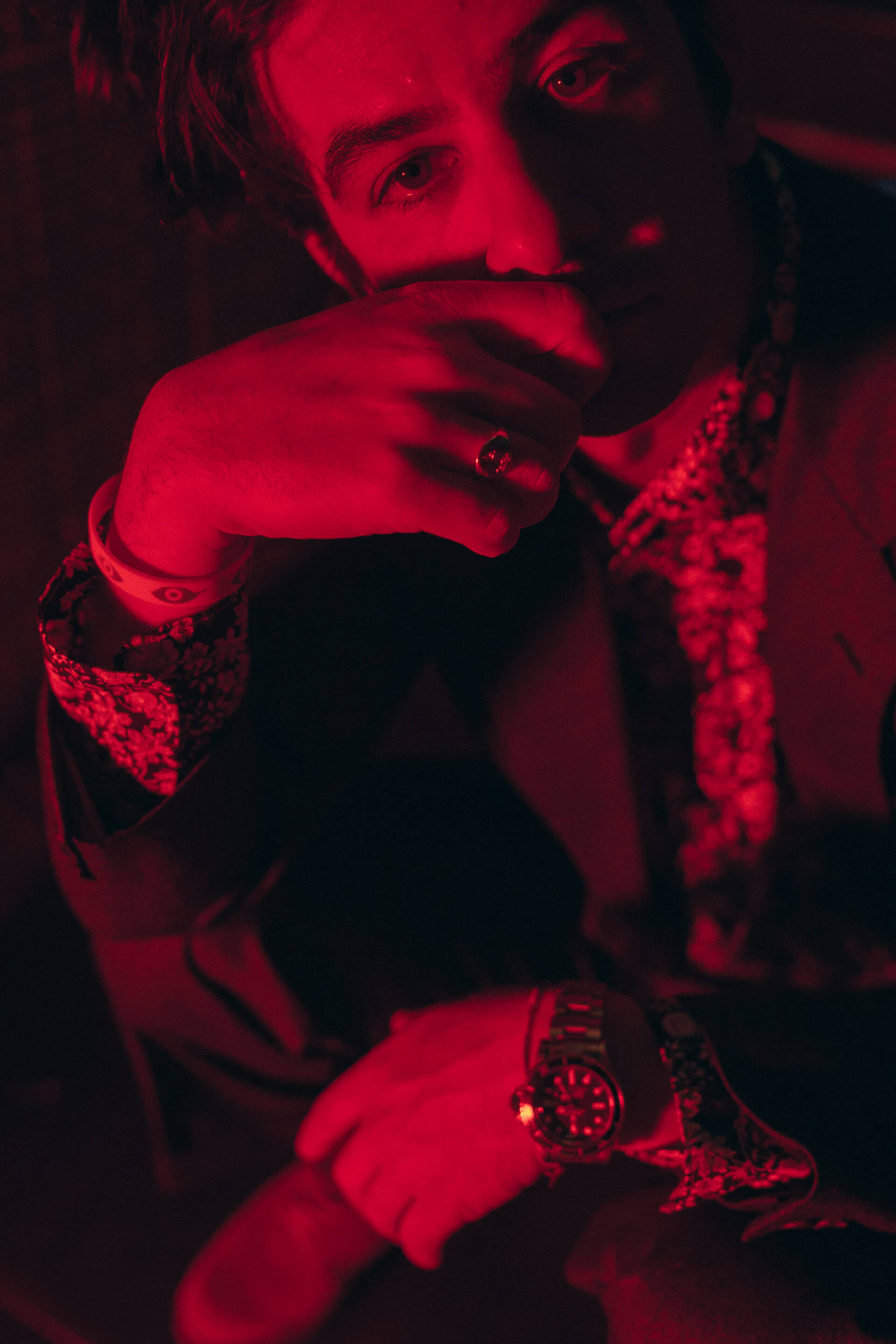
Barros, Bowie, Buñuel.
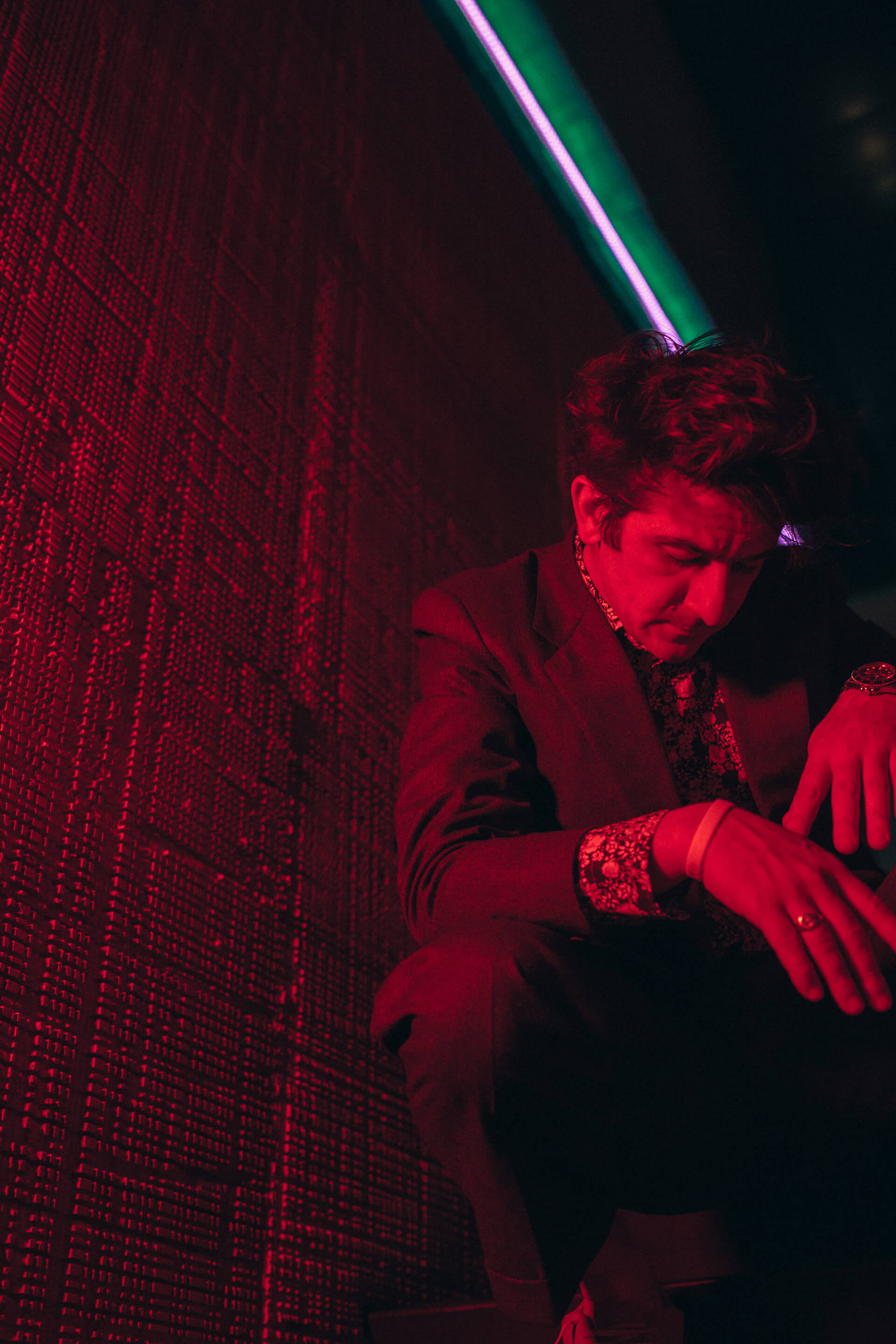
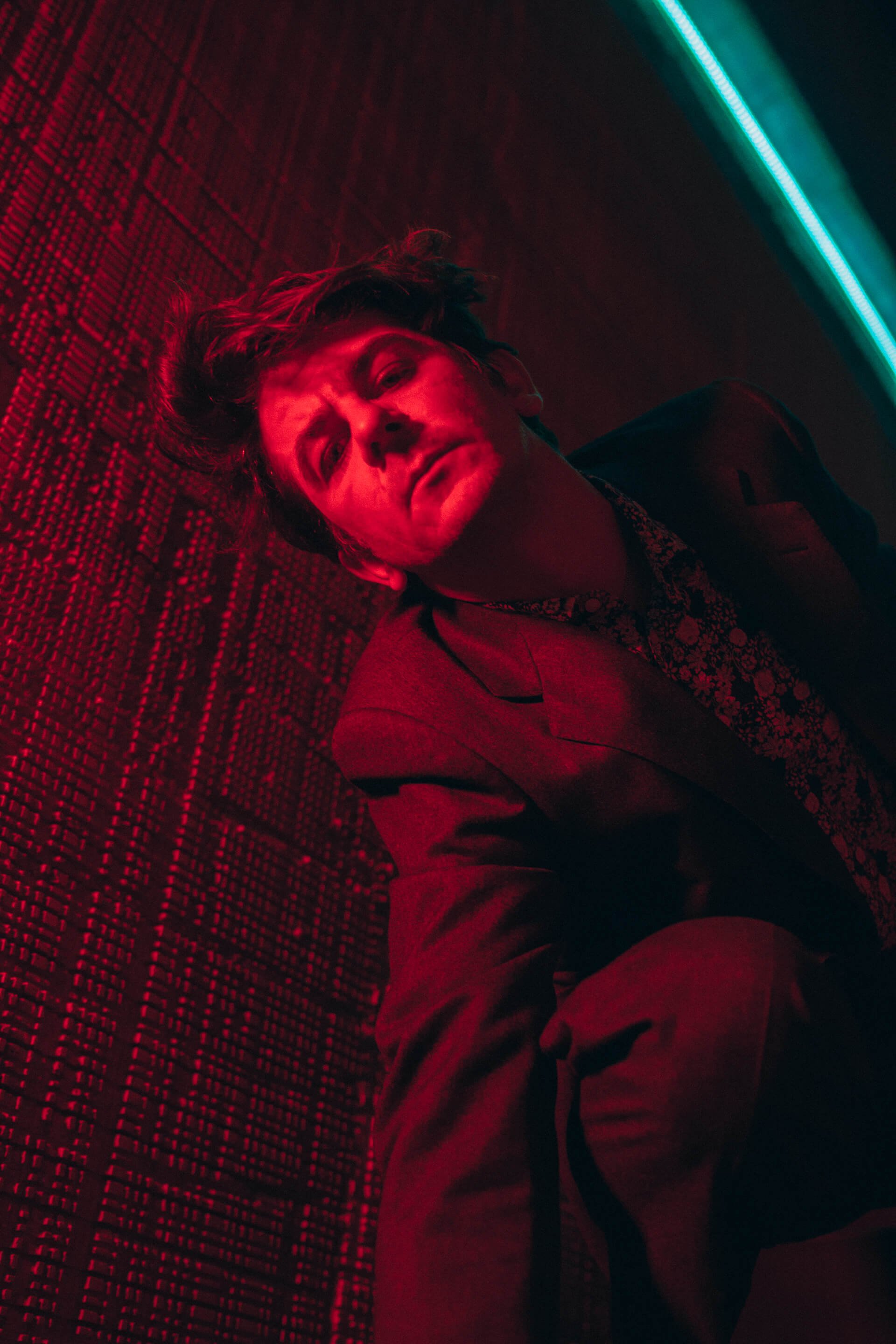
An epic fail on the job?
_______________
I don’t know if it can be considered an epic fail: one day I was with a friend in Prati, Rome, and we were in a restaurant watching a football game on the computer. We were on our own when I see a person coming in to pick up his take away order, and it seemed to me that I had already seen him, I thought it was a runner of a set, he was dressed casually. I said hi to him because I felt I knew him and meanwhile I watched the game. He was telling me that he is in Los Angeles to shoot now, and then I thought, “Ah, then maybe he’s not a runner.” In the end, the man was Sollima (Stefano). I wasn’t rude; simply, if I had remembered who he was I would have said, “Wow, take me for one of your films, I would like to work with you very much.”
The place where you felt the most uncomfortable?
_______________
Maybe sleeping on a ferry going to Sardinia… Or when with Fabrizio (Biggio), we went to the Sanremo 2015 competition: we were in the press room, and I felt uncomfortable, I wanted to be somewhere else. So, I’d say the Sanremo press room.
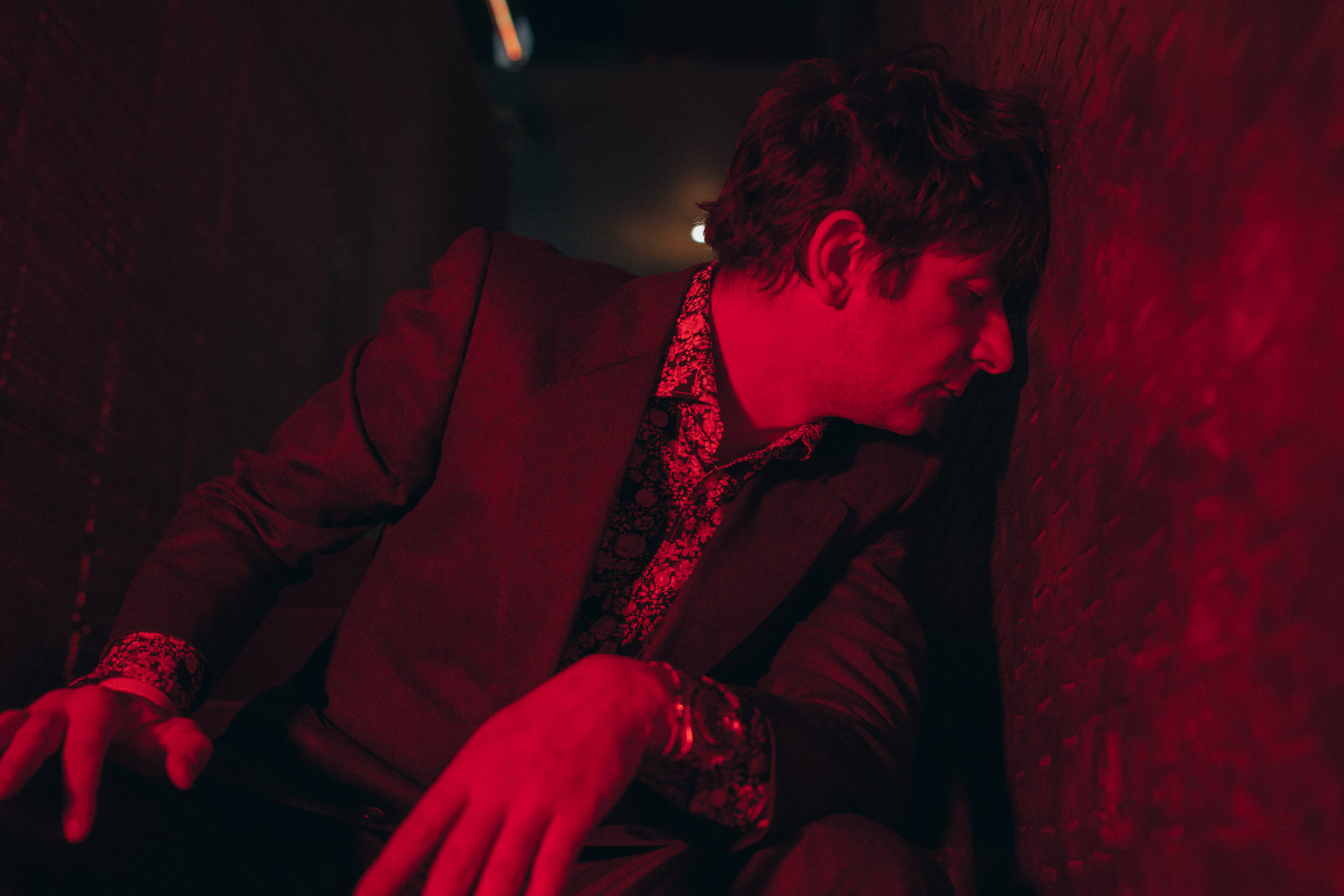
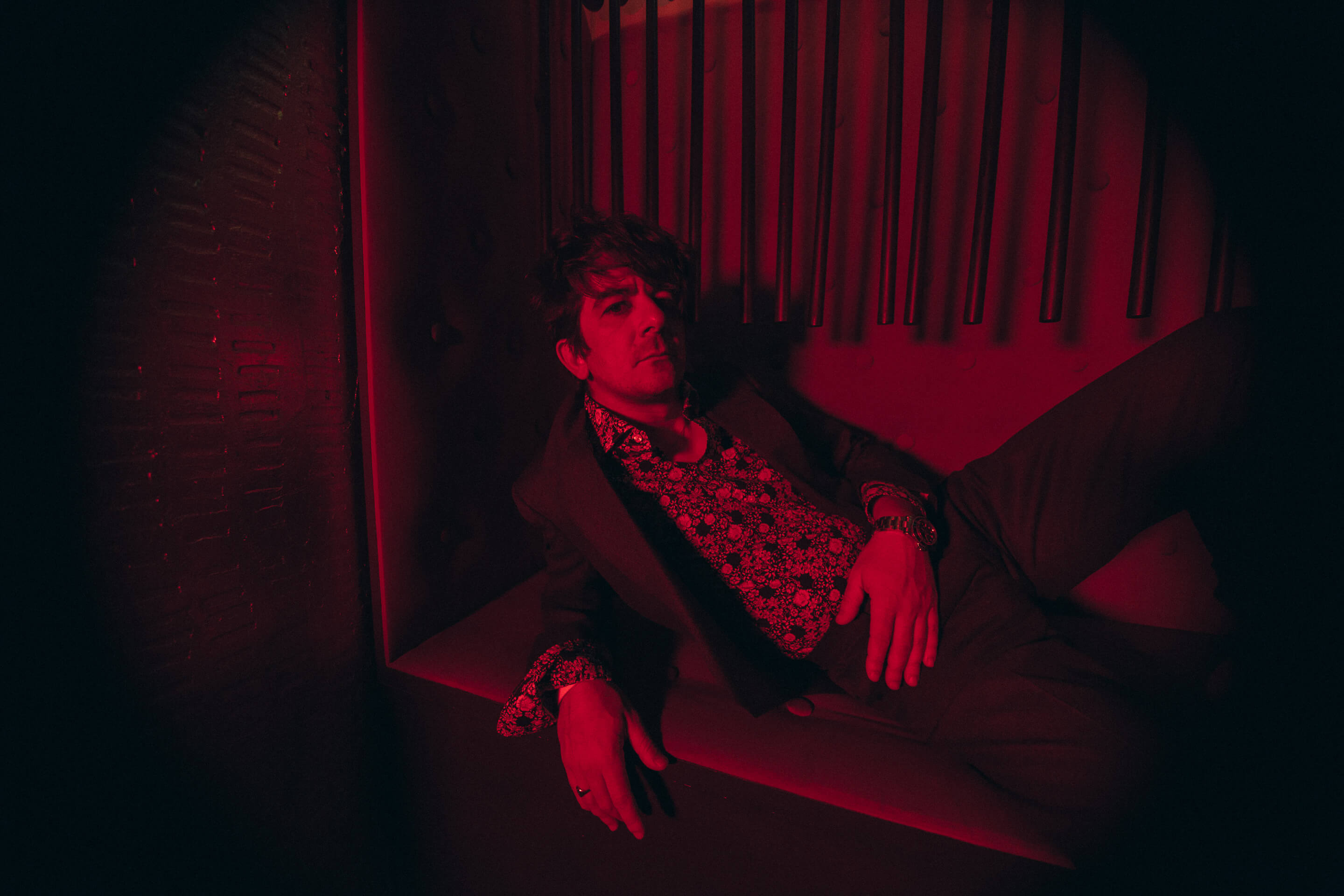

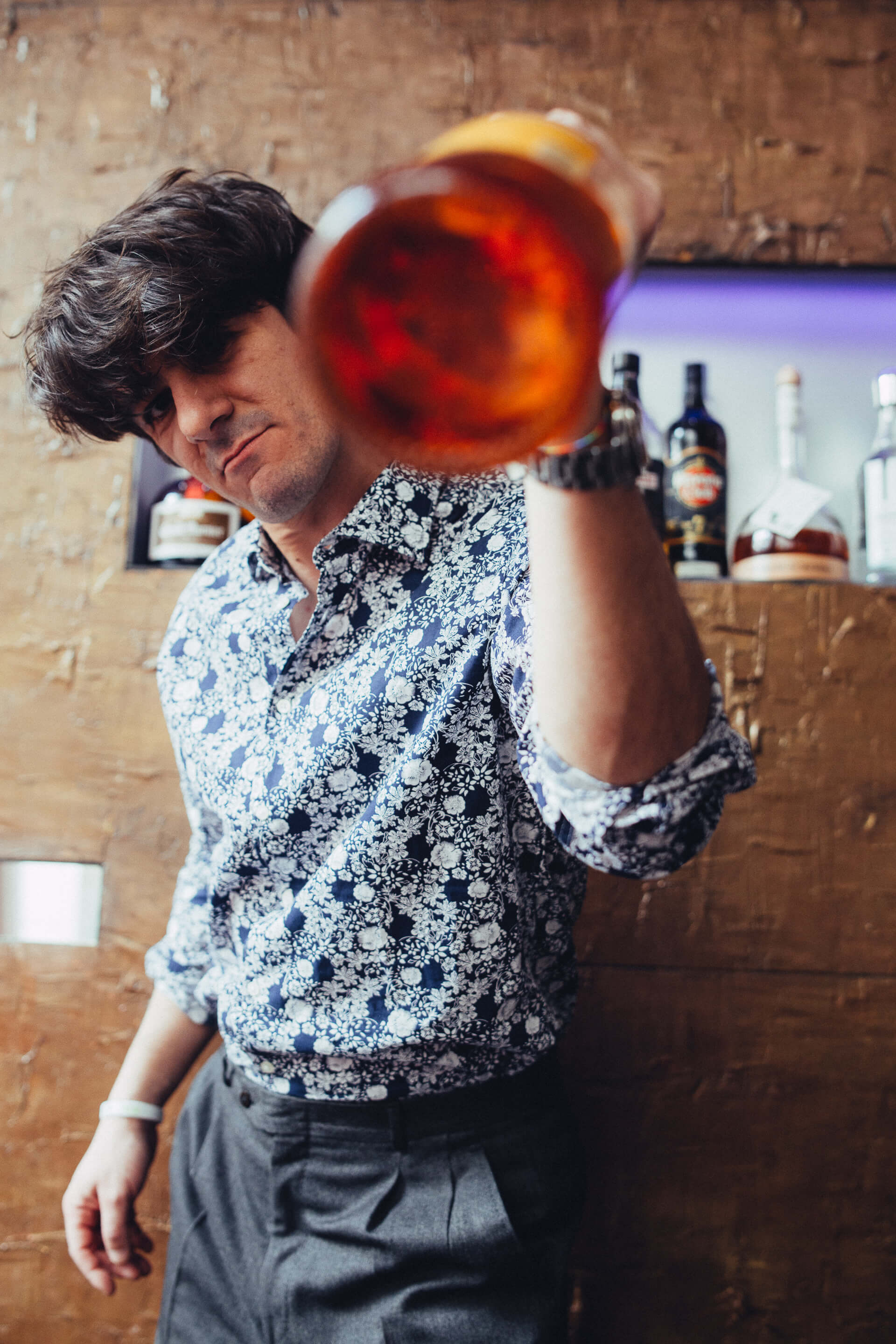
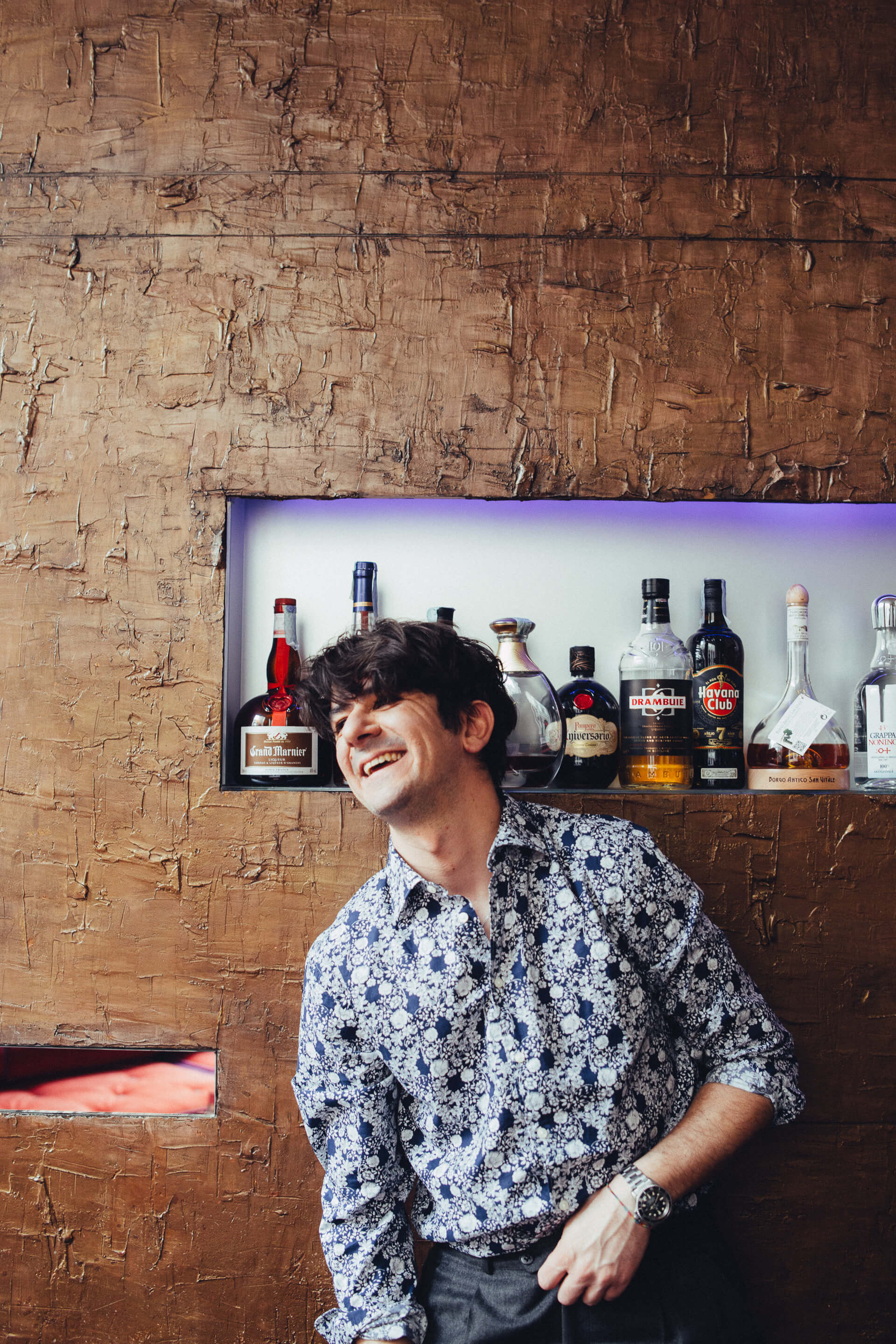
Photos by Johnny Carrano.
Makeup by Chantal Ciaffardini.
Styling by Sara Castelli Gattinara @Factory4.
Location: Sina The Gray Hotel.
“Mia Figlia è un’atronave” (published by Deaplaneta).
Thanks to Factory4.

